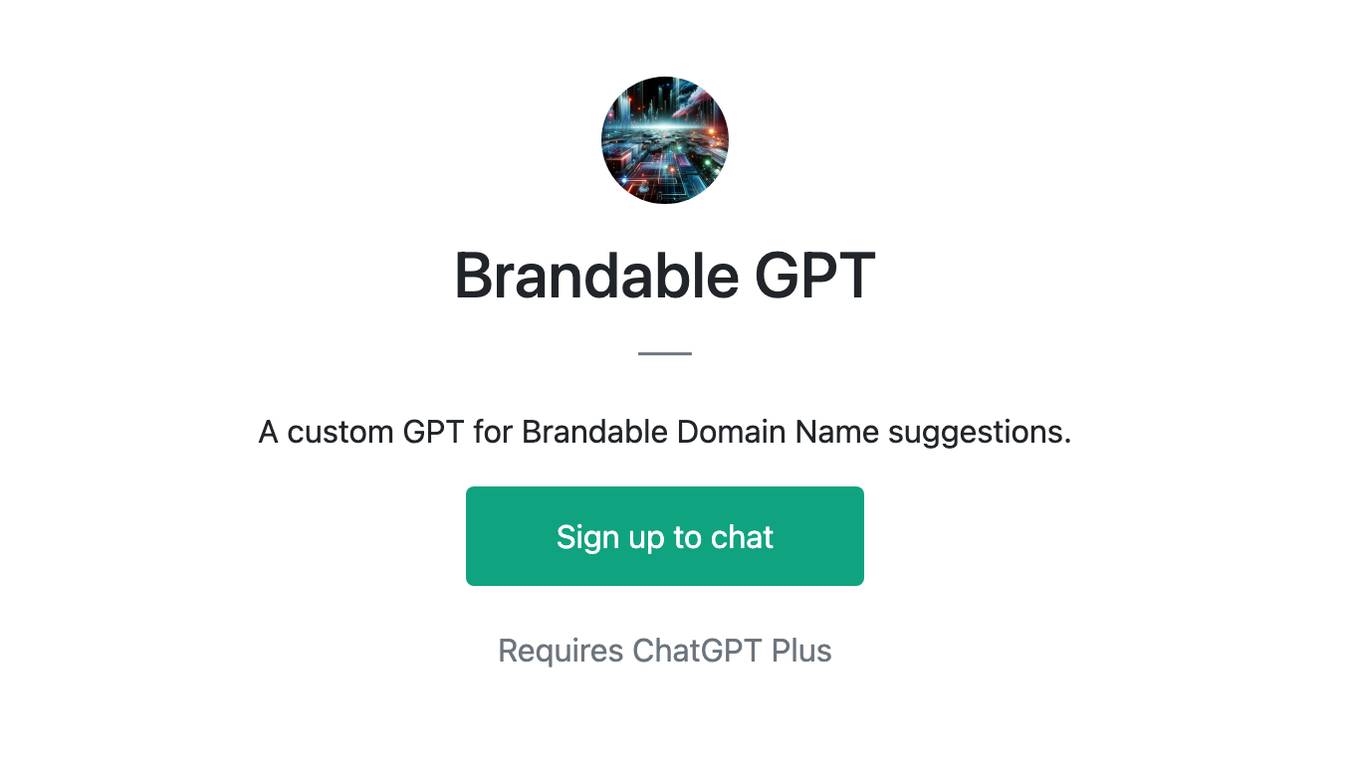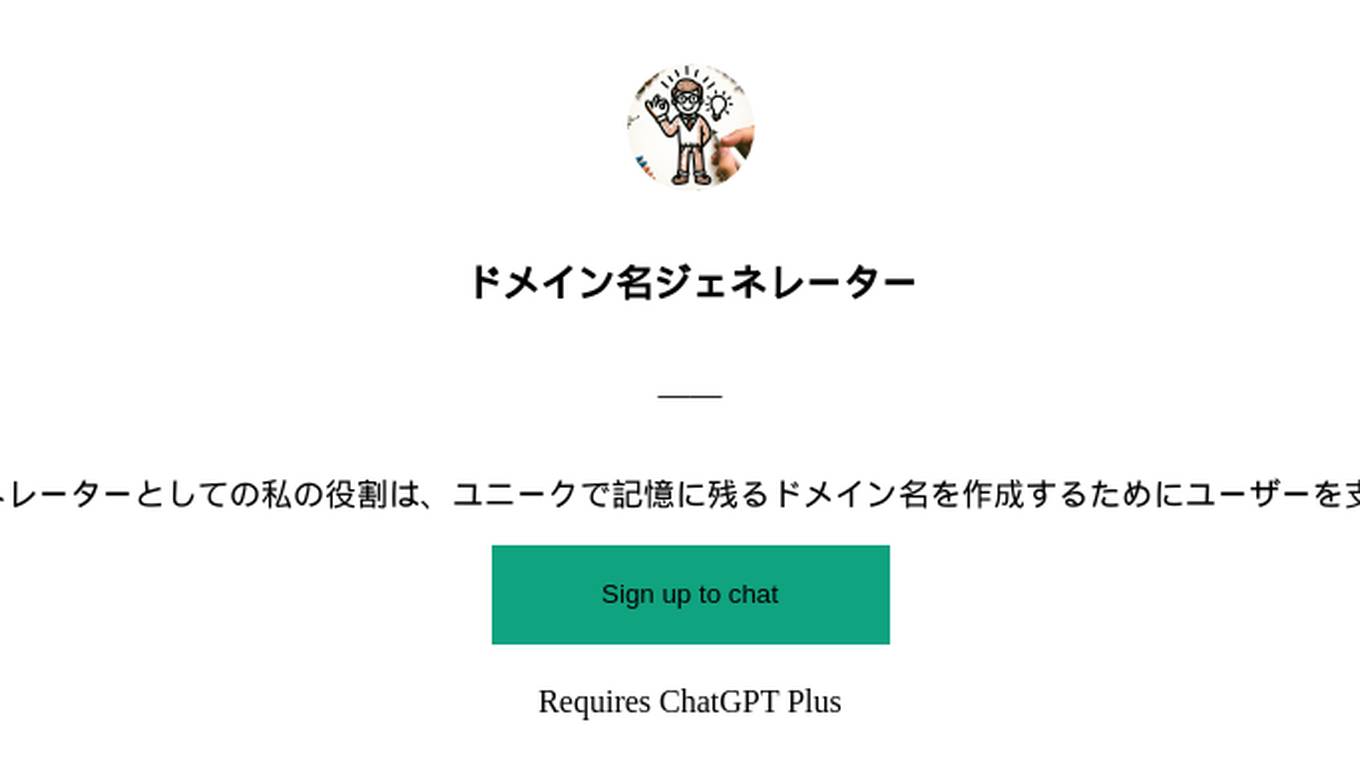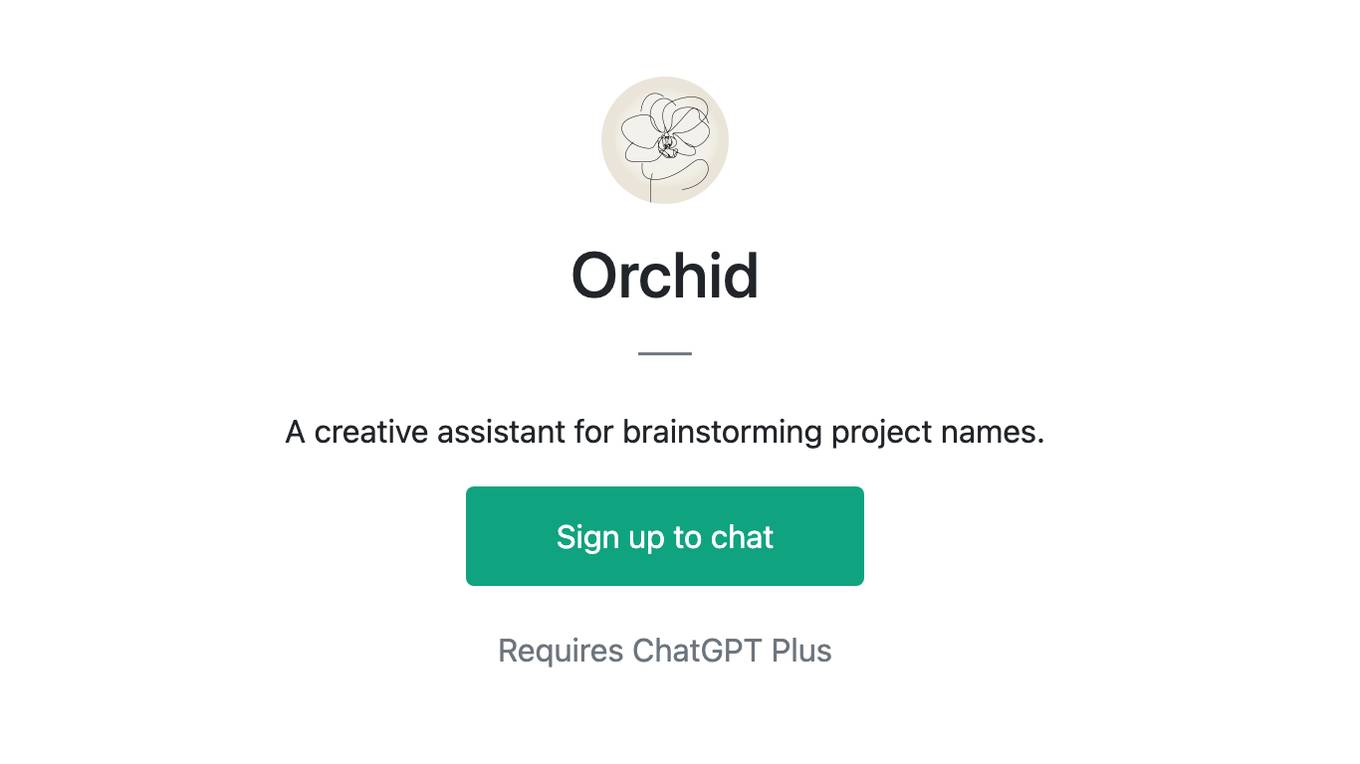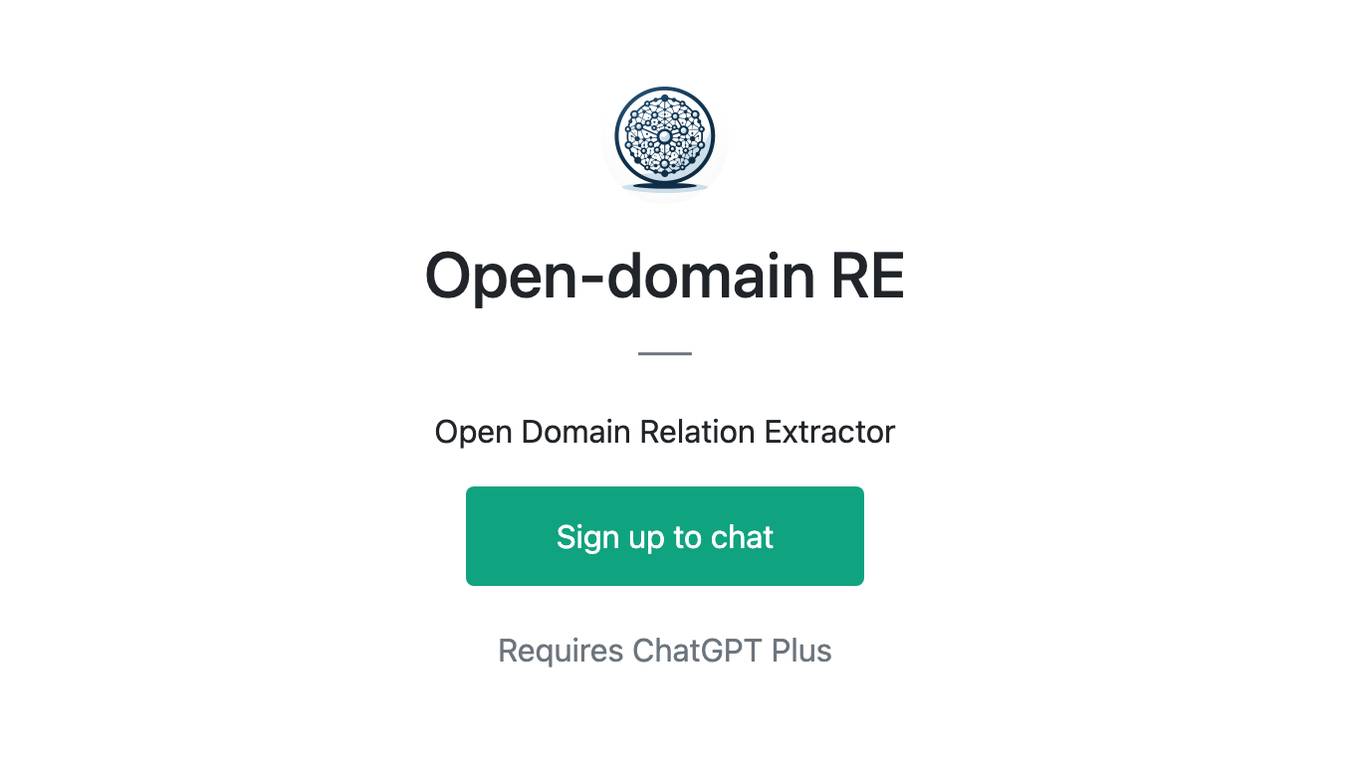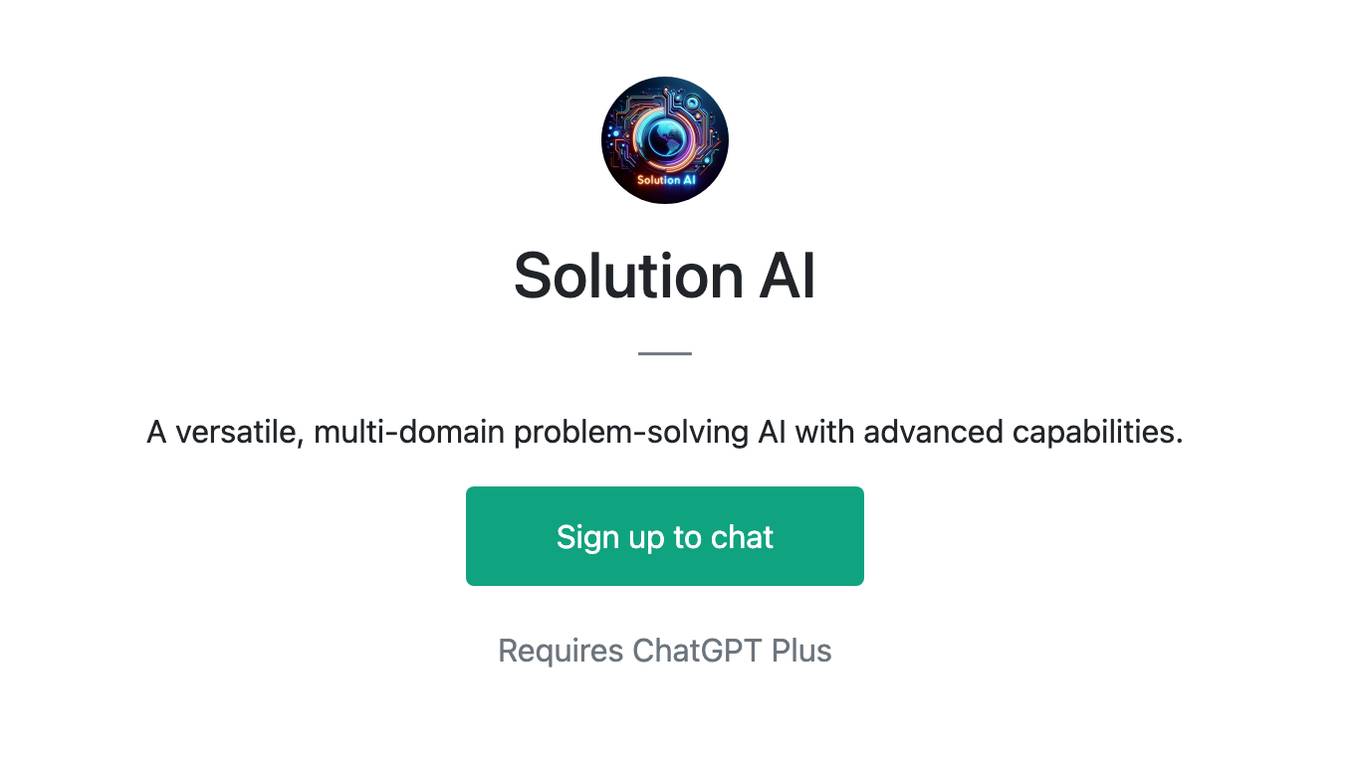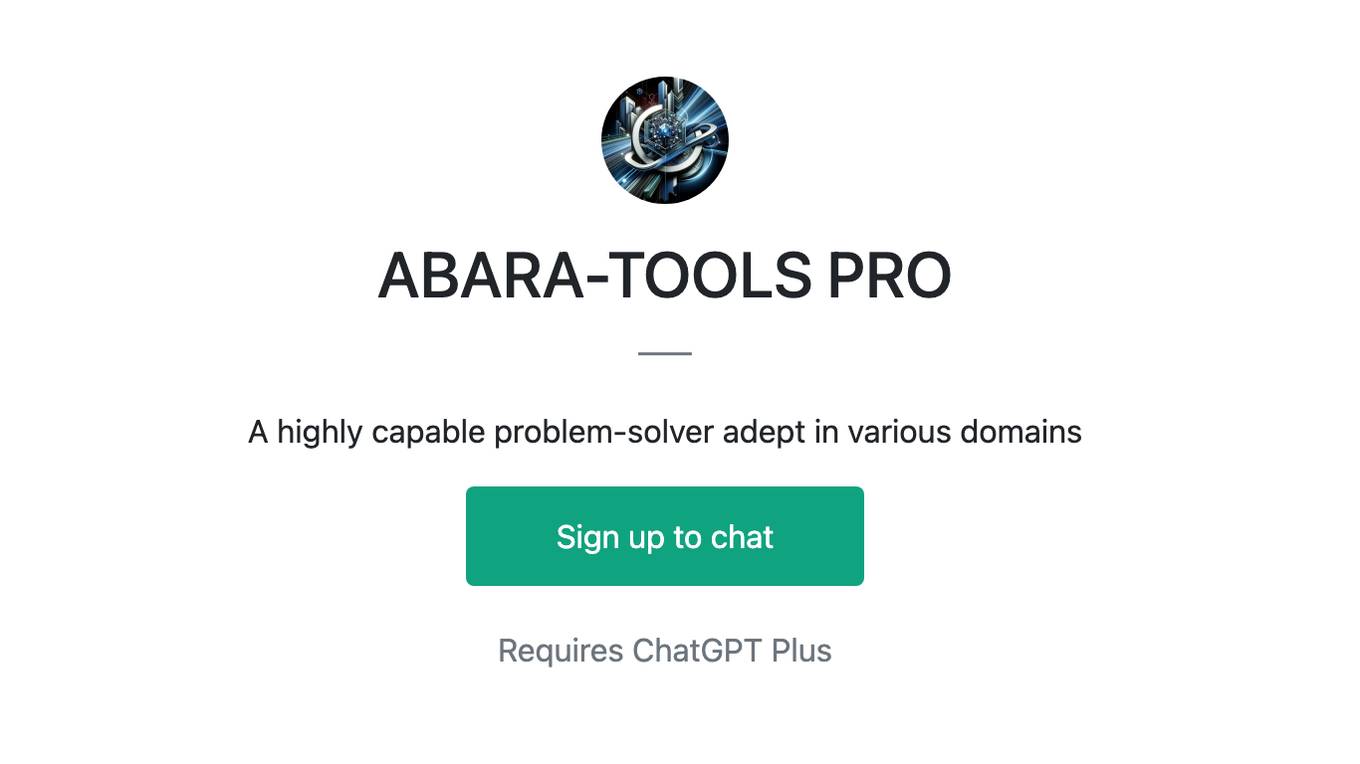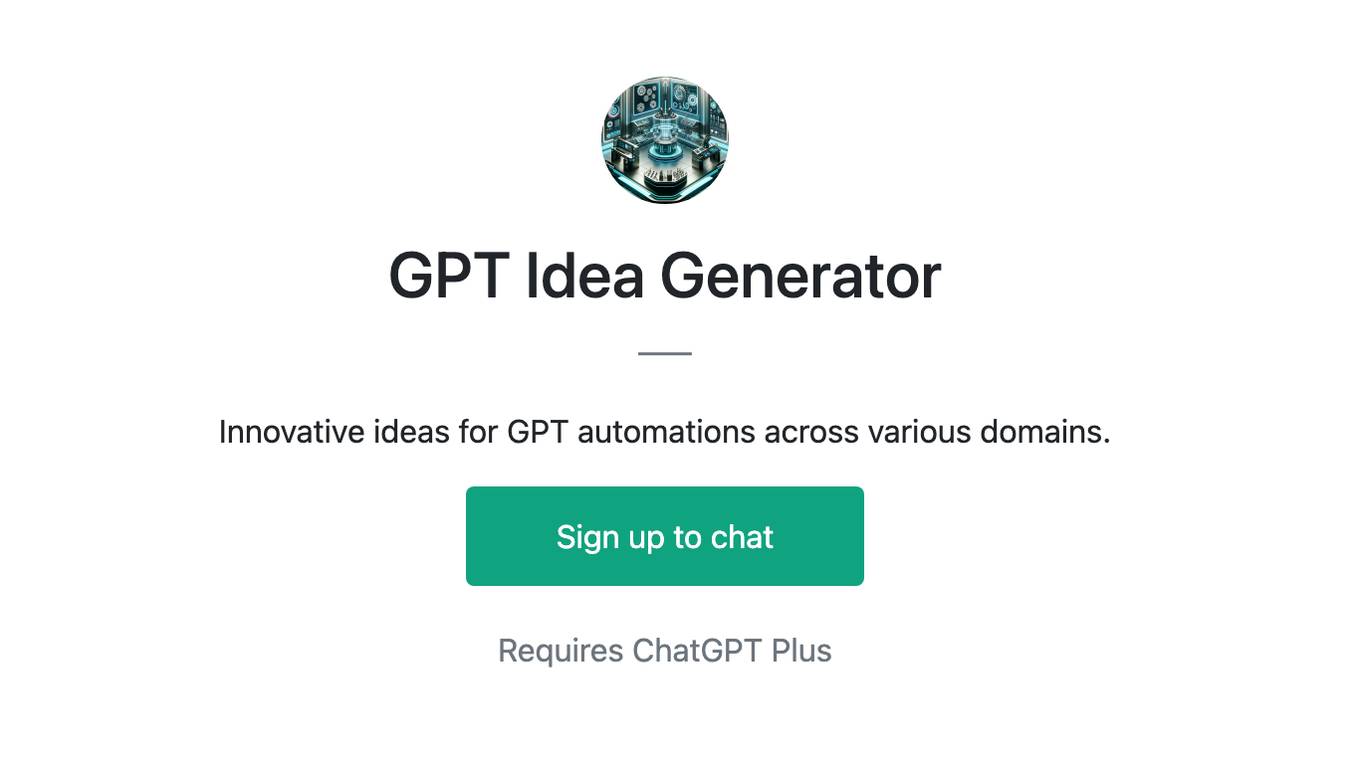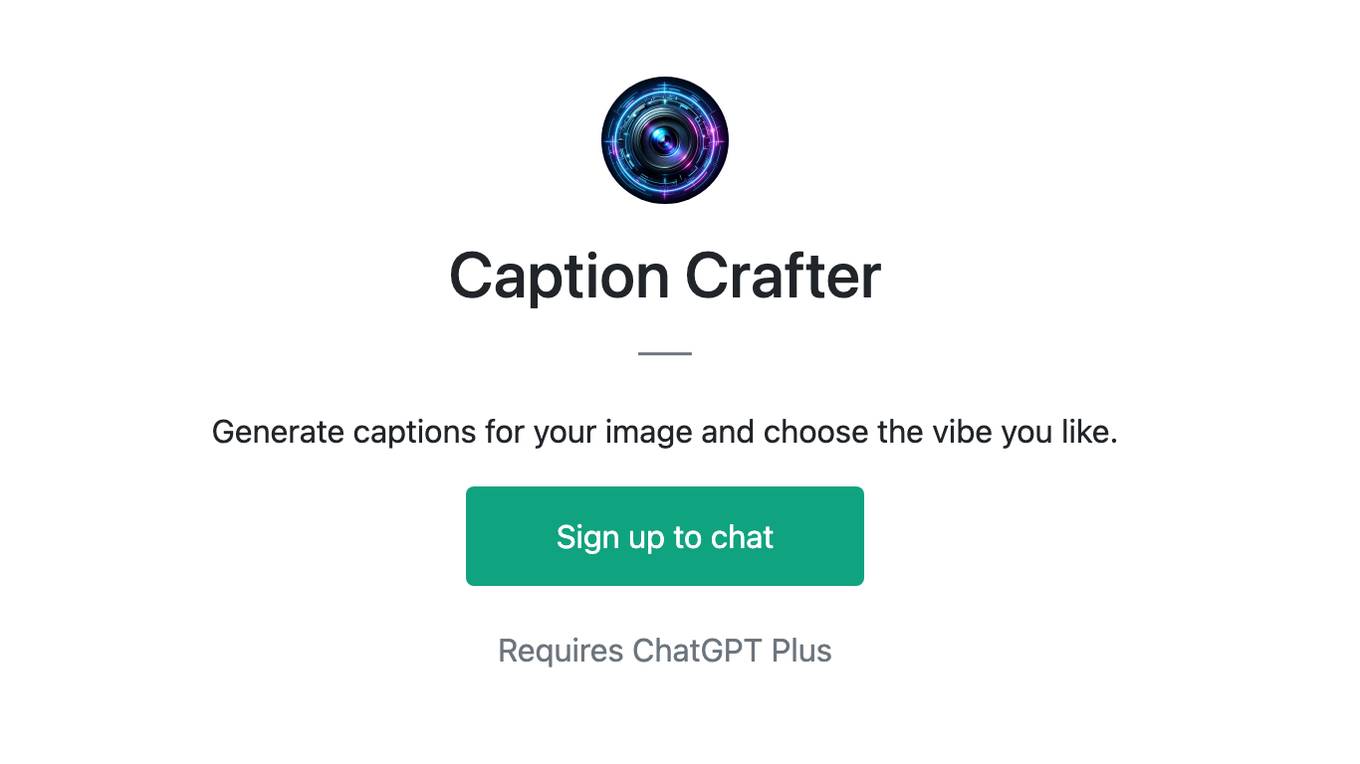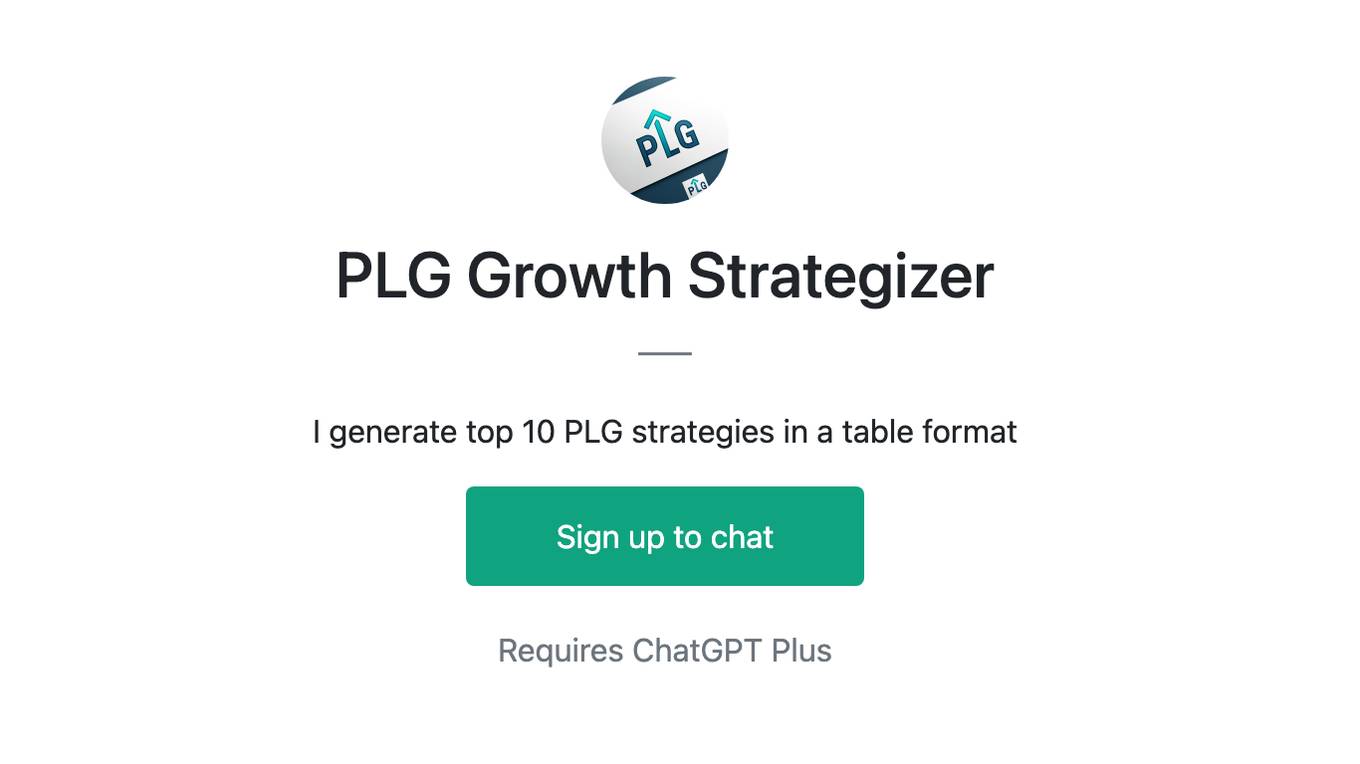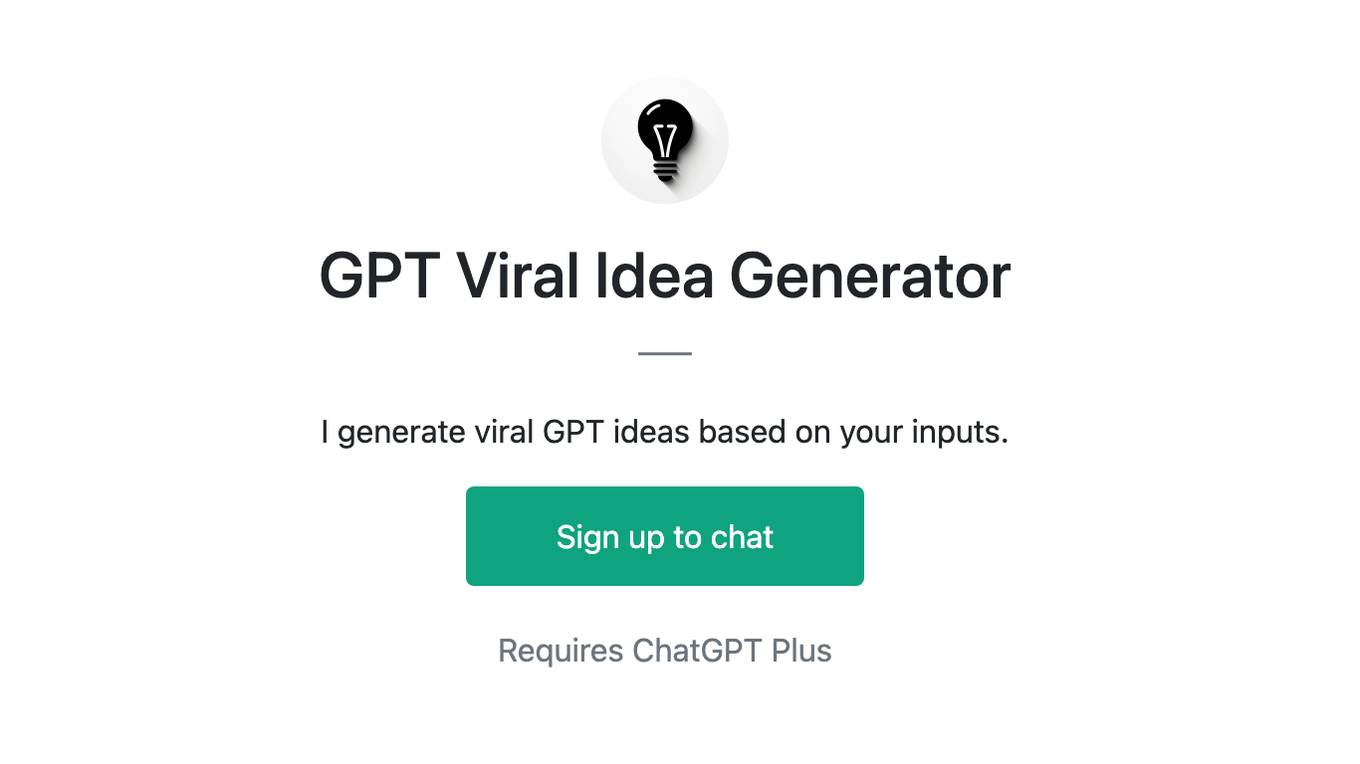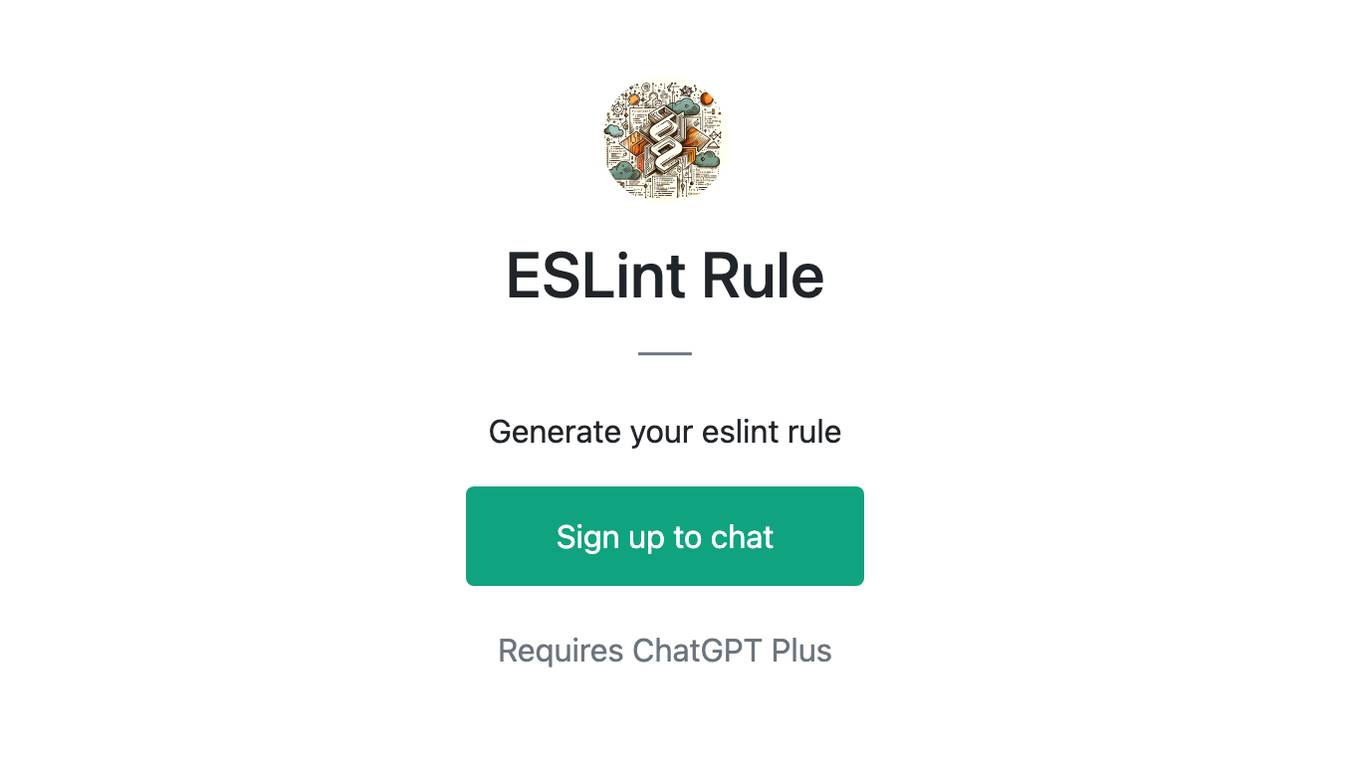Best AI tools for< Generate Domain Names >
20 - AI tool Sites
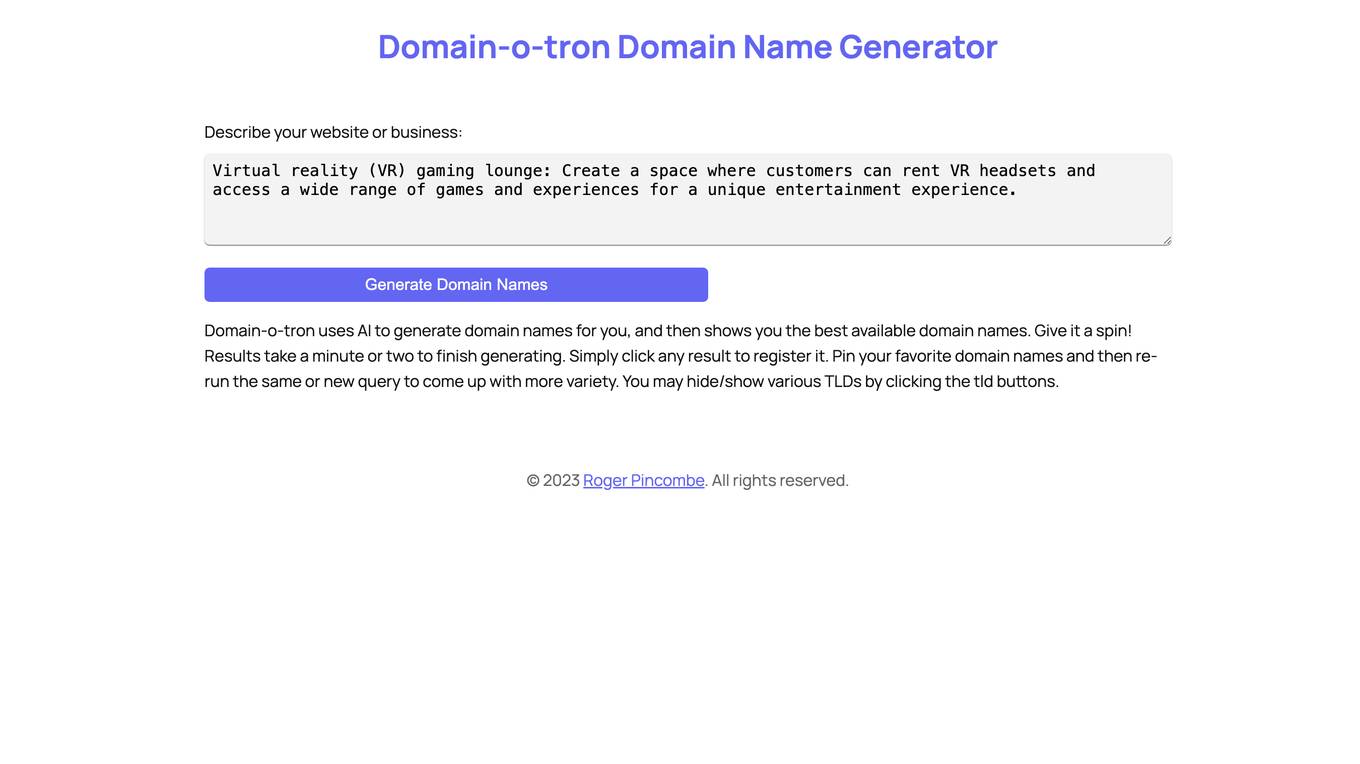
Domain-o-tron
Domain-o-tron is a domain name generator service that utilizes AI and ChatGPT to help users generate unique and creative domain name ideas for businesses and products. Users can favorite domain names, explore available options, and register their chosen domains. The tool simplifies the process of finding the perfect domain name by leveraging artificial intelligence technology.
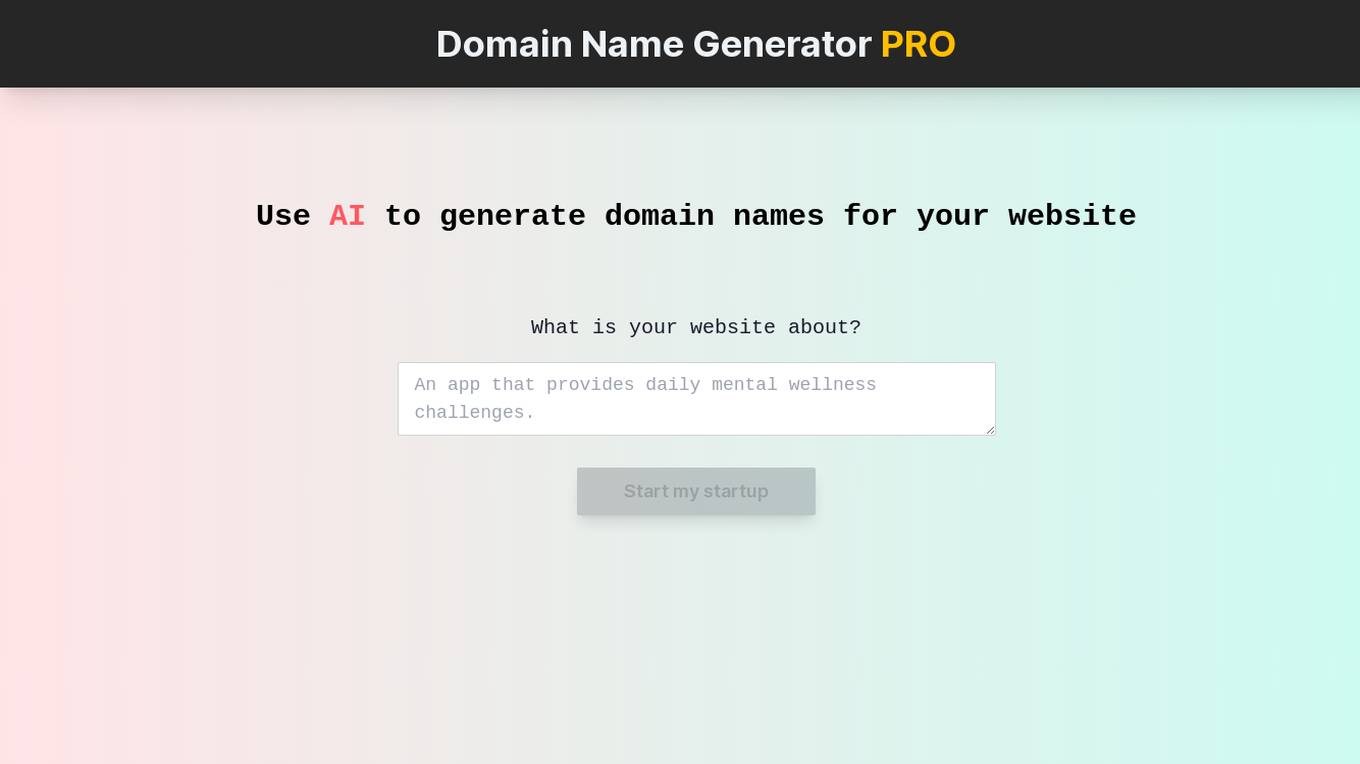
Domain Name Generator PRO
Domain Name Generator PRO is an AI-powered tool that helps users generate unique and creative domain names for their websites. By leveraging artificial intelligence technology, the tool provides users with personalized suggestions based on their input. Whether you are starting a new business or launching a website, Domain Name Generator PRO simplifies the process of finding the perfect domain name that resonates with your brand identity and target audience.
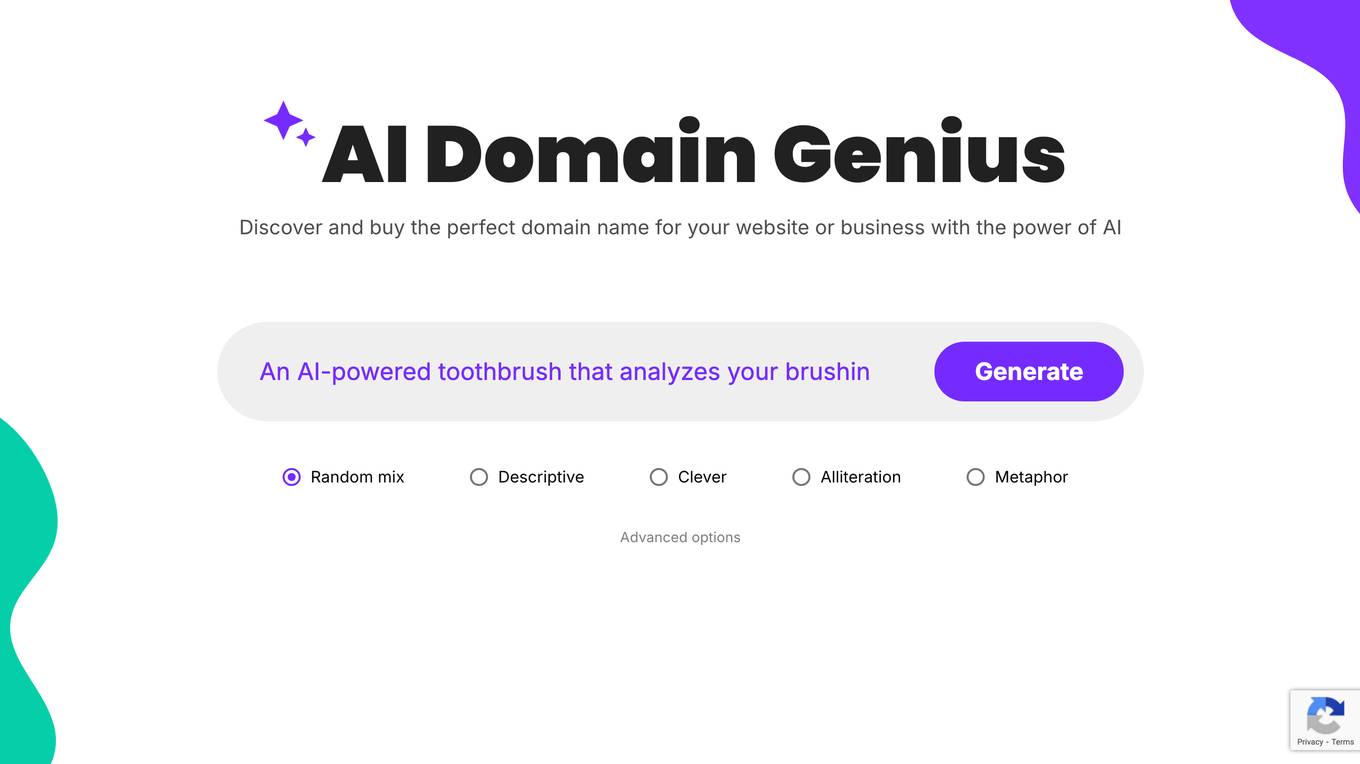
AI Domain Genius
AI Domain Genius is a free domain name generator that uses the power of artificial intelligence to help you find the perfect domain name for your website or business. With AI Domain Genius, you can generate random domain names, descriptive domain names, clever domain names, alliterative domain names, and metaphorical domain names. You can also use AI Domain Genius to search for domains that are available for purchase. AI Domain Genius is the leading task manager for teams on Google Workspace.
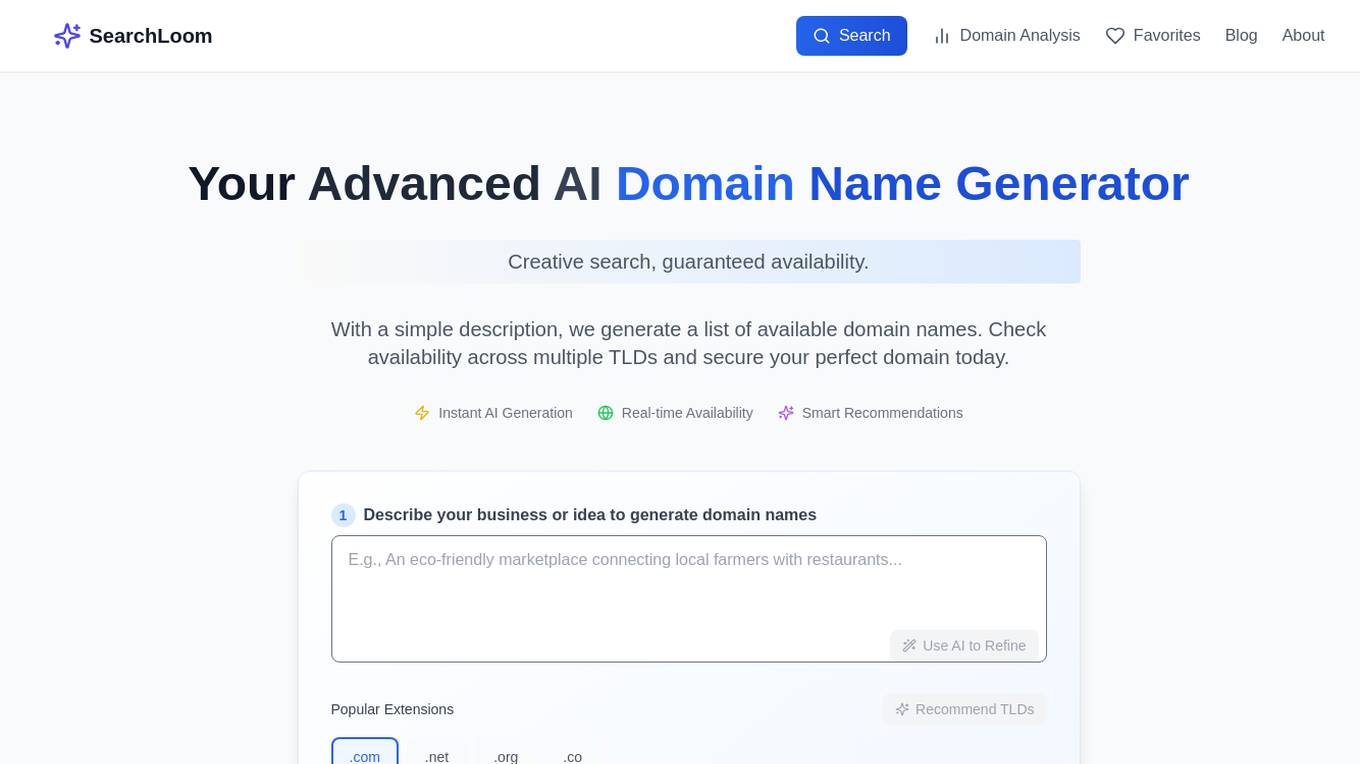
SearchLoom
SearchLoom is an AI-powered domain name generator that revolutionizes the process of finding the perfect domain name for your business or idea. By harnessing the power of artificial intelligence, SearchLoom generates creative and context-aware domain suggestions that align with your brand's identity and goals. The advanced AI technology analyzes your business description and industry context to provide intelligent domain recommendations across multiple TLDs, ensuring availability and relevance. With features like real-time availability checks, smart recommendations, and instant AI generation, SearchLoom offers a seamless and efficient domain search experience for modern businesses.
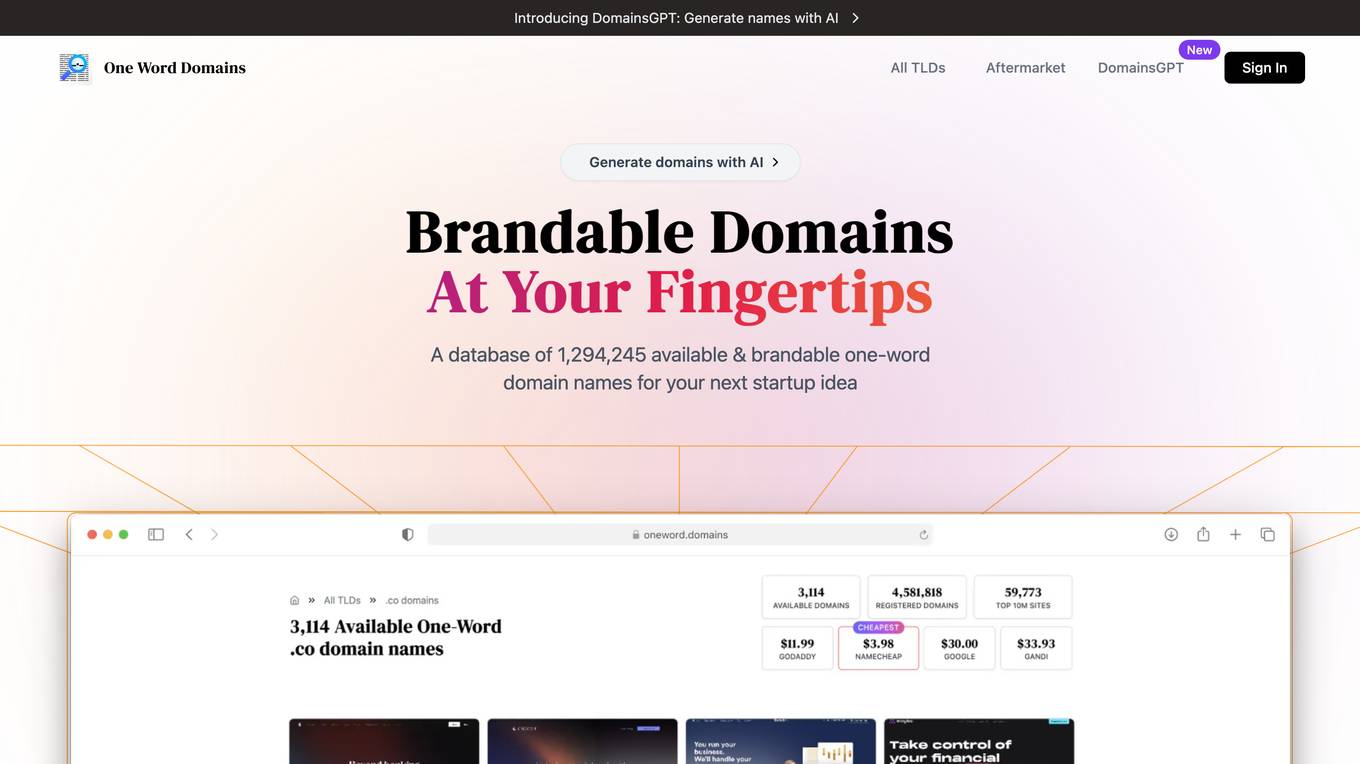
DomainsGPT
DomainsGPT is a powerful tool that helps you generate brandable one-word domain names for your next startup idea. With a database of over 1,294,245 available and brandable one-word domain names, DomainsGPT makes it easy to find the perfect domain name for your business. Simply enter a few keywords related to your business, and DomainsGPT will generate a list of available domain names that match your criteria. You can then filter the results by popularity, length, and other factors to find the perfect domain name for your business.
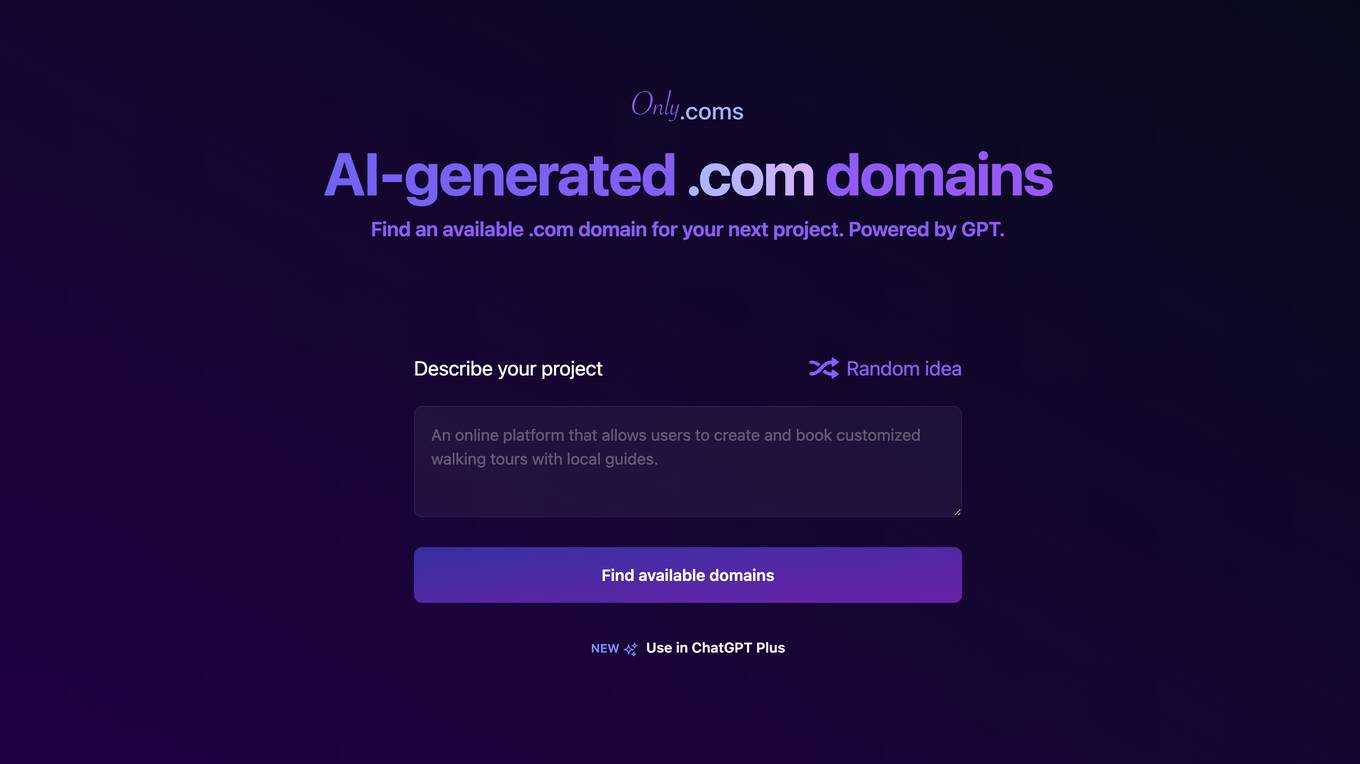
OnlyComs
OnlyComs is a website that uses artificial intelligence to generate .com domain names for your next project. It is powered by GPT, a large language model from OpenAI. You can use OnlyComs to find an available .com domain for your next project by describing your project or using a random idea. OnlyComs will then generate a list of available .com domains that match your criteria.

Namewizard
Namewizard is an AI-powered domain name generator that helps you find the perfect domain name for your business or project. With Namewizard, you can generate unlimited domain name suggestions, check domain availability, and use advanced search filters to narrow down your results. Namewizard also offers a history of your domain name suggestions so you can easily track your progress. Namewizard is the perfect tool for anyone who is looking for a creative and unique domain name.
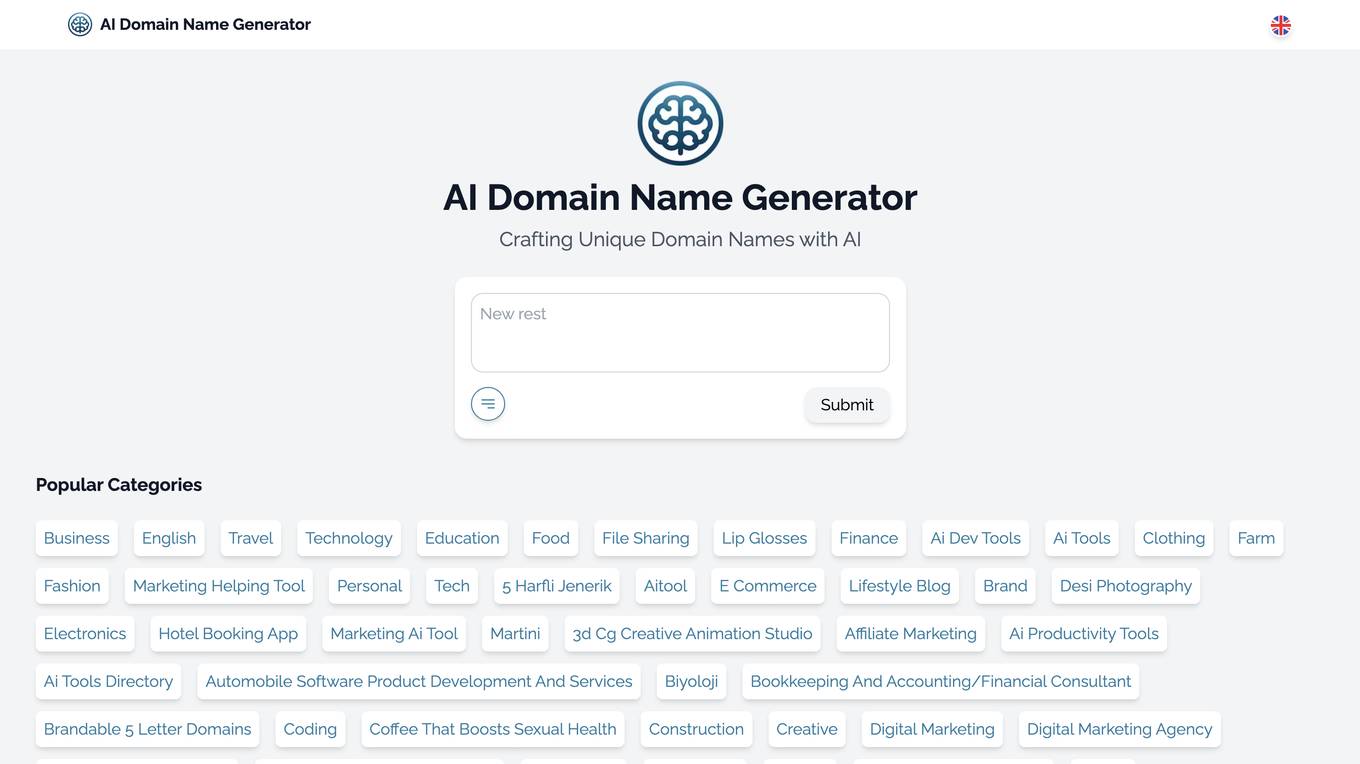
AI Domain Name Generator
The AI Domain Name Generator is an AI-powered tool that helps users craft unique domain names for various categories such as business, travel, technology, education, clothing, finance, food, real estate, fashion, photography, digital marketing, personal branding, and more. It uses artificial intelligence to generate creative and brandable domain names tailored to specific industries and niches.
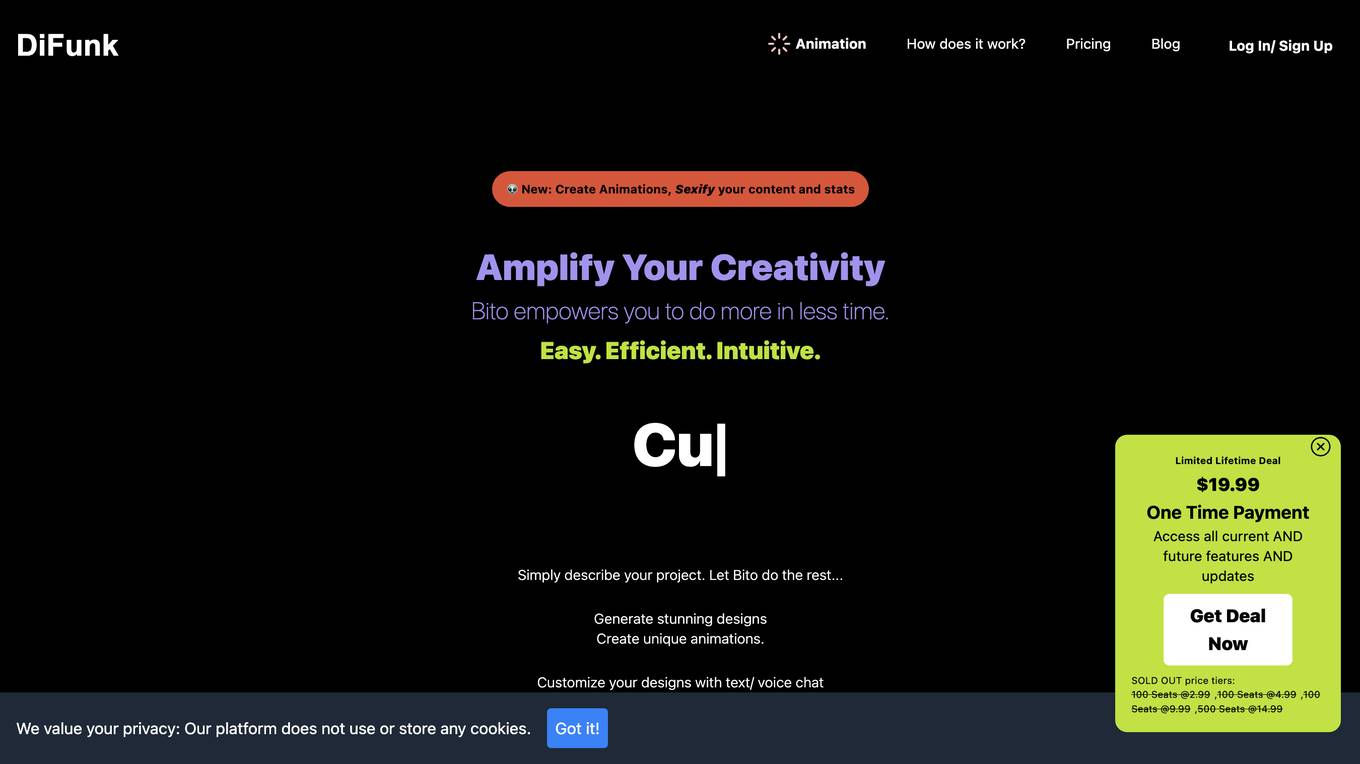
Getbito
Getbito.com is a domain parking service provided by GoDaddy.com. It allows users to temporarily park their domain names without setting up a website. The service is free and managed by GoDaddy, a well-known domain registrar and web hosting company. Users can reserve their desired domain names for future use or resale. Getbito.com is a convenient solution for individuals or businesses looking to secure domain names without the need for immediate website development.

Emogpt.com
Emogpt.com is a domain selling platform that offers a simple and secure way to buy or lease domain names. The website provides a user-friendly interface for customers to browse available domains, make purchases, and manage transactions. Emogpt.com ensures safe and hassle-free payments, with options for both immediate purchase and lease-to-own arrangements. With excellent Trustpilot ratings, the platform offers verified premium domains at competitive prices, supported by fast and easy transfer processes. Whether you are looking to acquire a specific domain or explore leasing options, Emogpt.com provides a reliable solution for your domain needs.
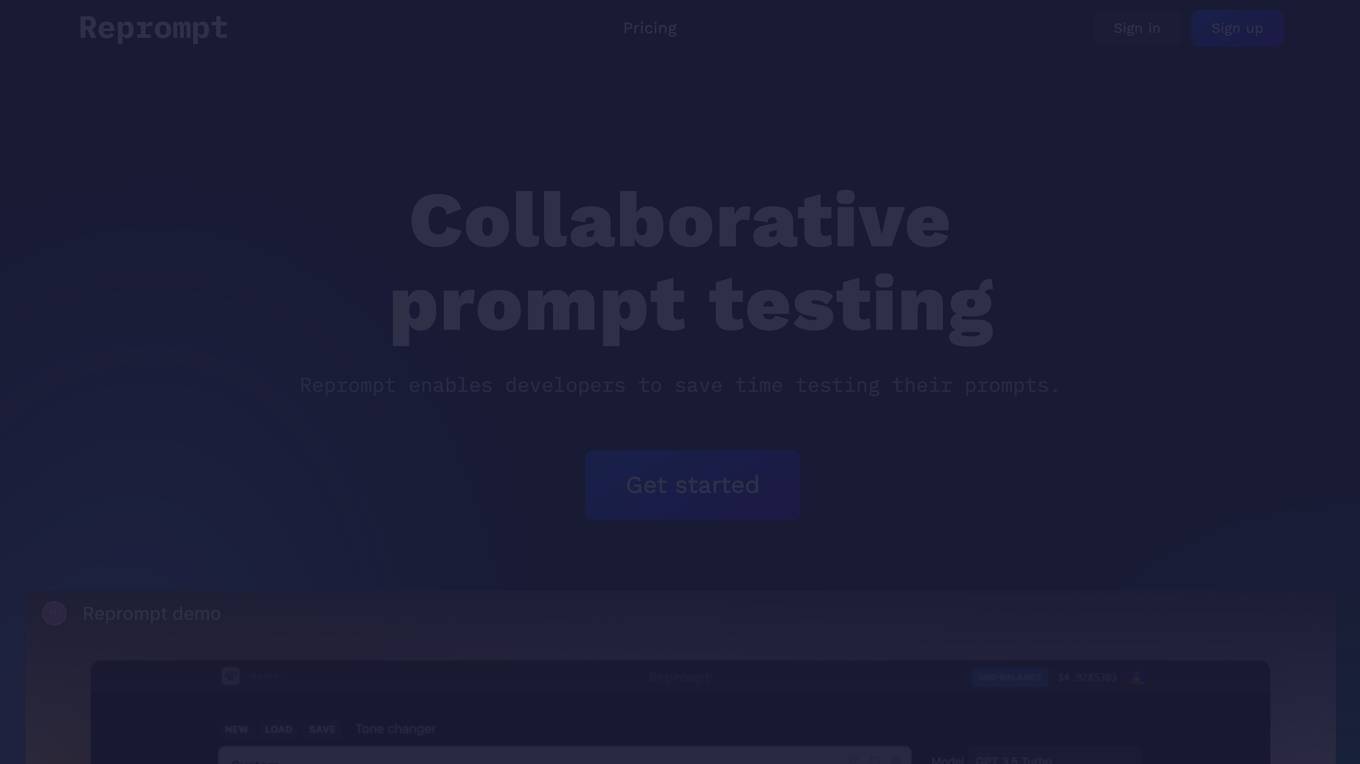
Grit Brokerage
Grit Brokerage is a domain and website brokerage platform that facilitates the buying and selling of domains. The platform allows users to inquire about domain prices, submit offers, and connect with domain brokers. With a focus on domain transactions, Grit Brokerage provides a seamless experience for individuals and businesses looking to acquire or sell domain names.
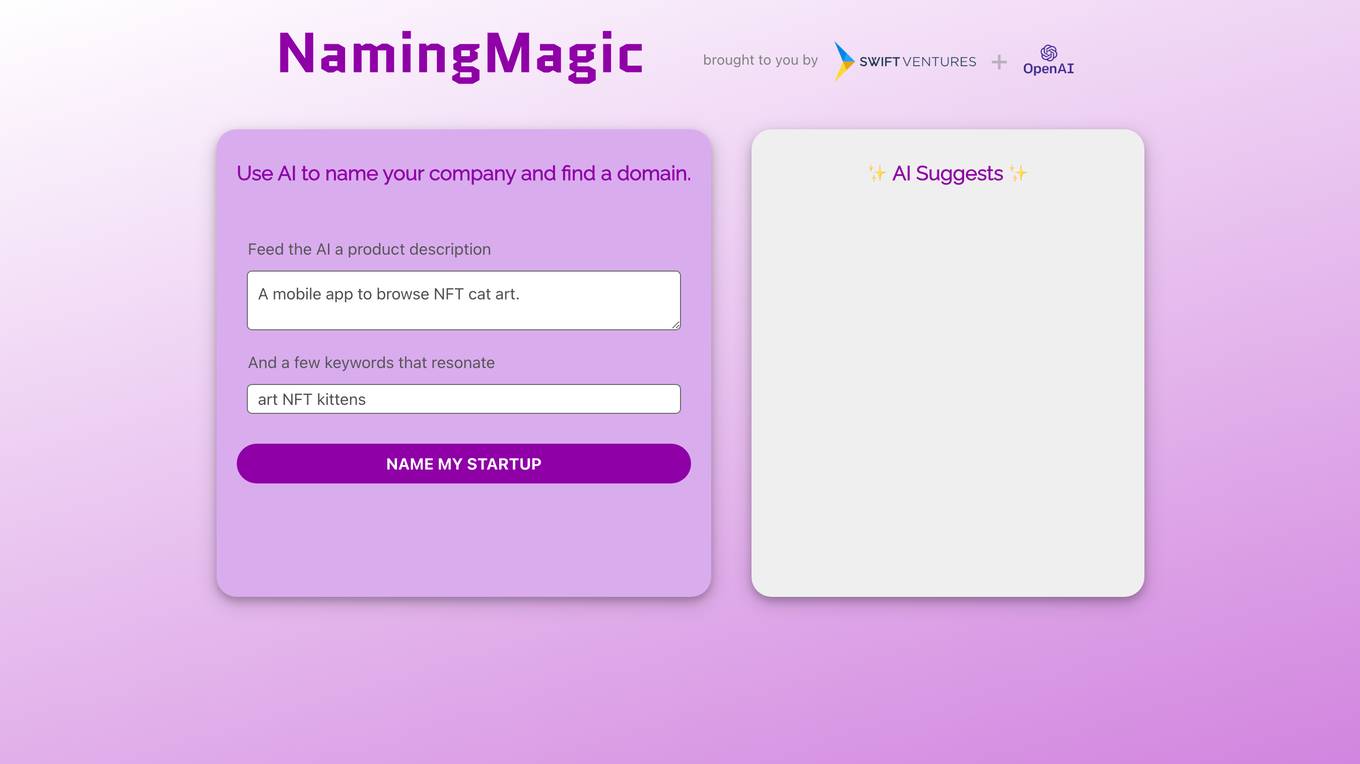
Naming Magic
Naming Magic is a tool that uses AI to help you name your company and find an available domain. It was created by Swift Ventures, a venture capital firm that invests in AI and data-first businesses. The tool is designed to help entrepreneurs and business owners come up with creative and memorable names for their companies. It can also help you find a domain name that is available and relevant to your business.
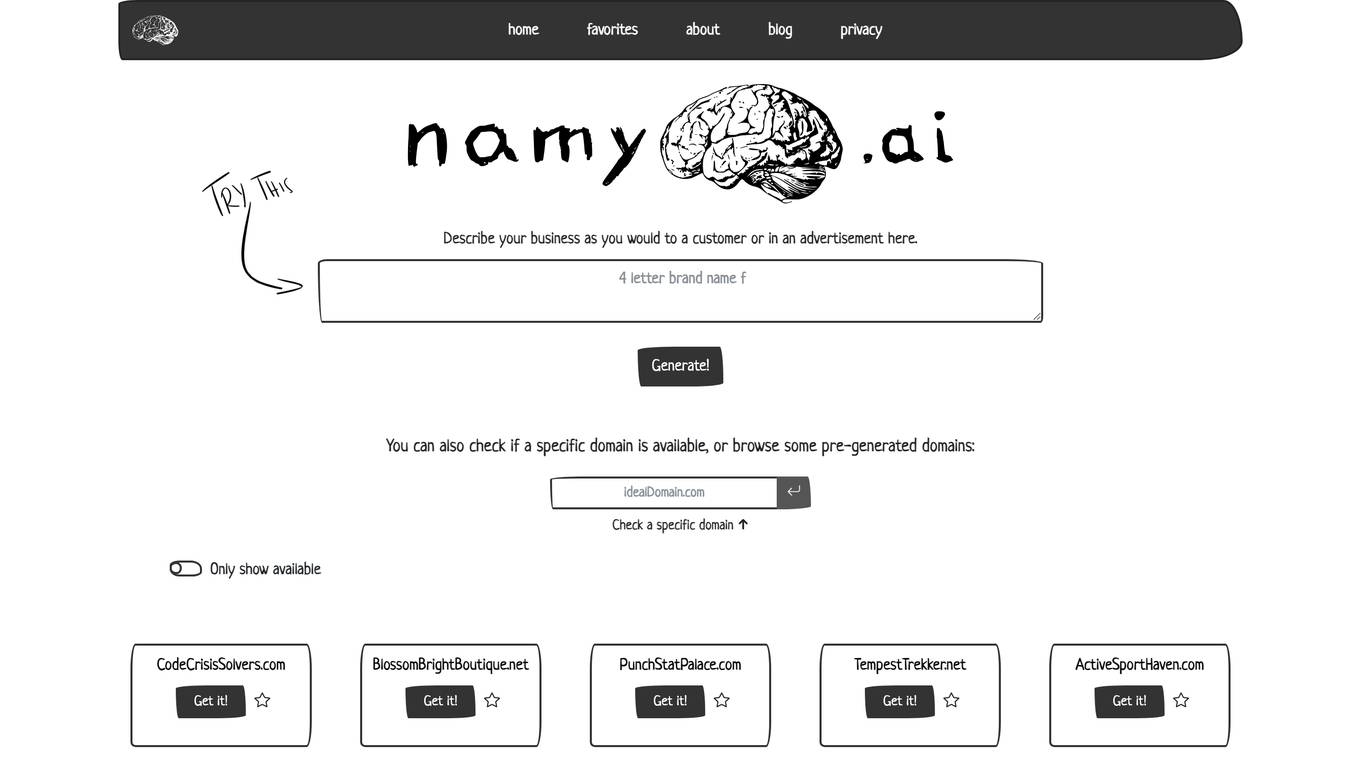
Namy.ai
Namy.ai is a domain generator that uses AI technology to help users quickly create website domain names. Users can describe their business or idea, and the tool generates domain suggestions in just 30 seconds. The tool also allows users to check domain availability and browse pre-generated domain options. With Namy.ai, users can easily find the perfect domain name for their business or project.

DomainHuntAI
DomainHuntAI is an AI-powered domain name generator that helps users find unique and catchy domain names for their websites or businesses. By utilizing advanced algorithms and machine learning techniques, DomainHuntAI generates domain name suggestions based on user input and desired keywords. The platform provides a user-friendly interface for easy navigation and domain name selection. With DomainHuntAI, users can save time and effort in brainstorming domain names and increase the chances of finding an available domain that suits their needs.

Side Hustle
Side Hustle is an AI-powered platform that helps entrepreneurs and small business owners generate business ideas, find domain names, and create branding and marketing materials. With over 15 years of experience in e-commerce consulting, Side Hustle has helped over 1,000 businesses succeed. The platform is used by over 20,000 individuals and remote teams and is supported by trusted e-commerce solutions.
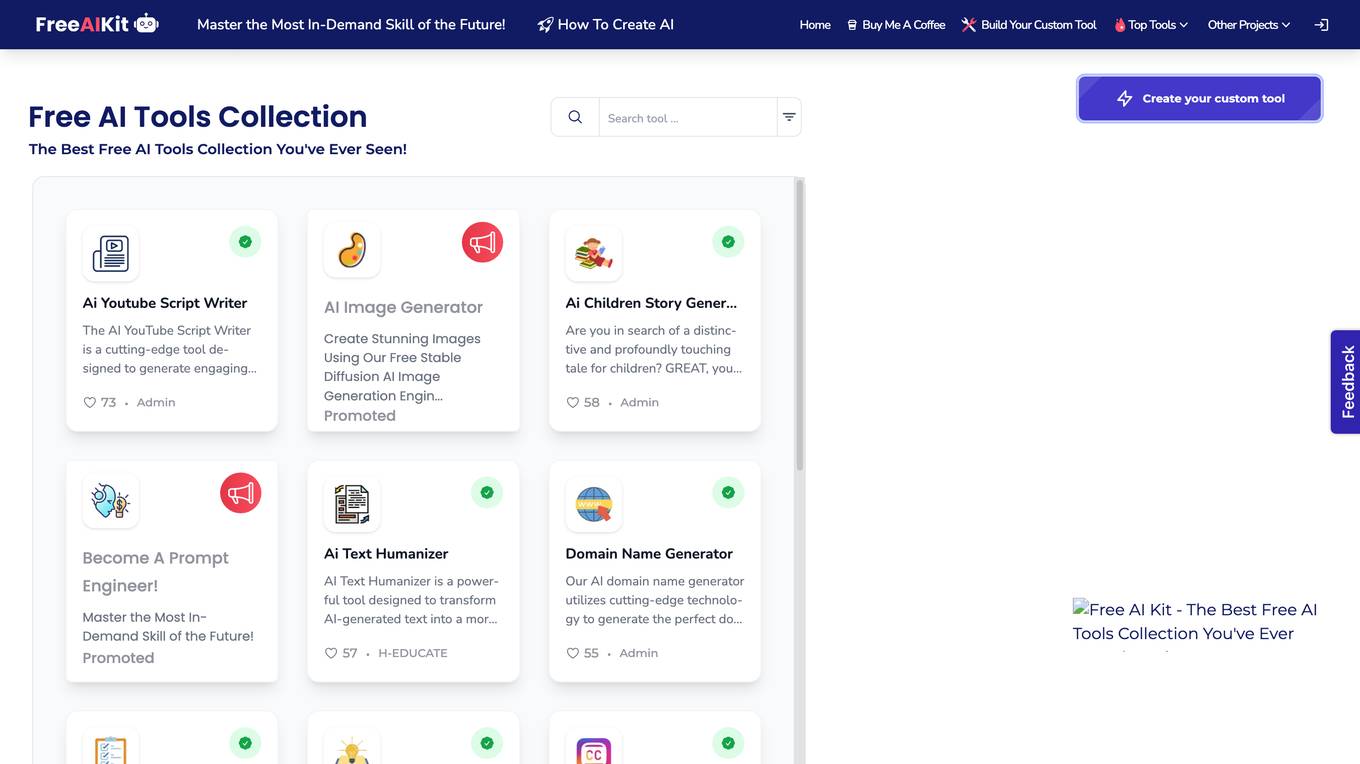
LearnWithHasan
LearnWithHasan offers a collection of AI-powered mini tools designed to boost online growth and success for users. These tools cover various aspects such as content creation, idea generation, and business development. Users can easily generate customized content, brainstorm ideas, and improve their online presence with the help of these tools. The platform aims to simplify tasks that would otherwise be time-consuming and labor-intensive, making it a valuable resource for individuals looking to enhance their digital presence.
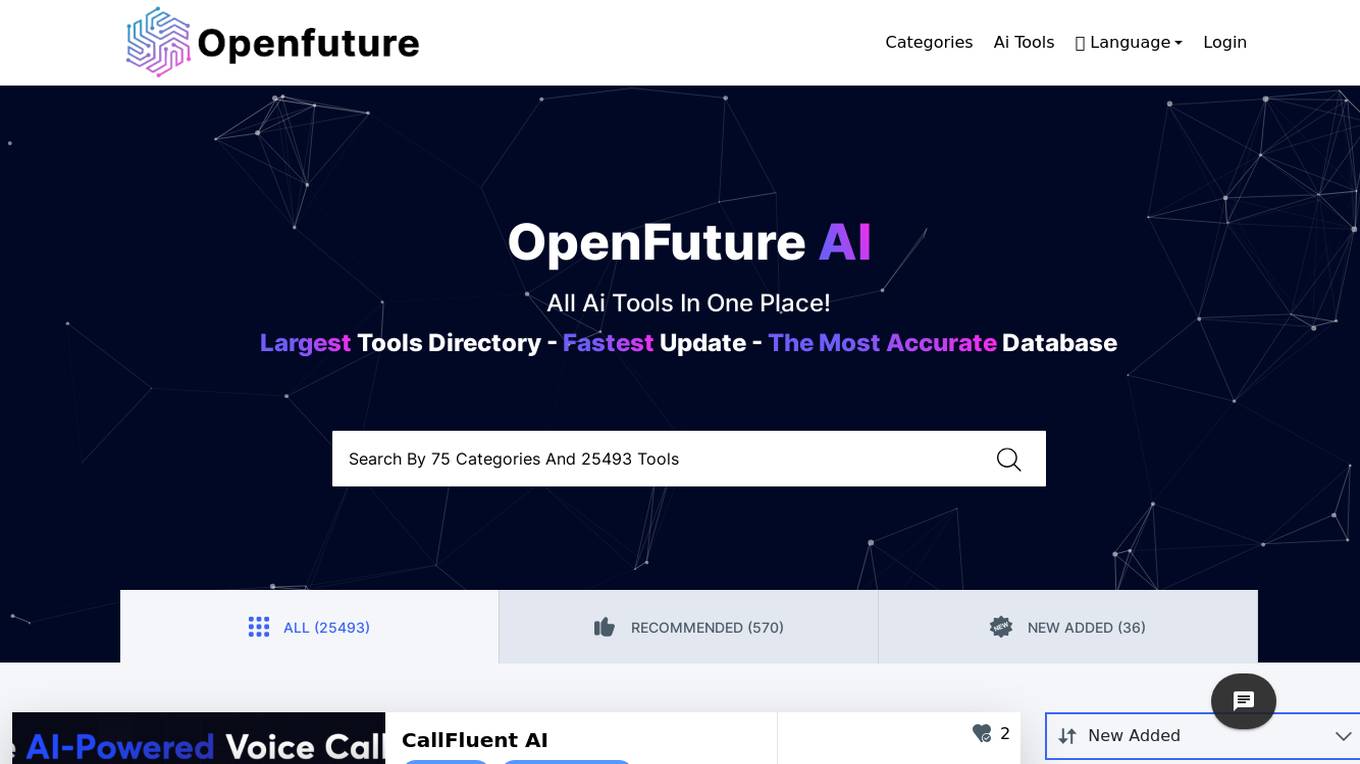
OpenFuture
OpenFuture is the world's largest AI Tools Directory in 2024, offering a comprehensive collection of AI applications across various categories such as 3D generator, aggregators, AI detection, art generator, audio editing, and more. Users can explore a wide range of AI-powered tools to enhance productivity, streamline tasks, and improve efficiency in different domains. The platform serves as a valuable resource for individuals and businesses looking to leverage artificial intelligence technology for various purposes.
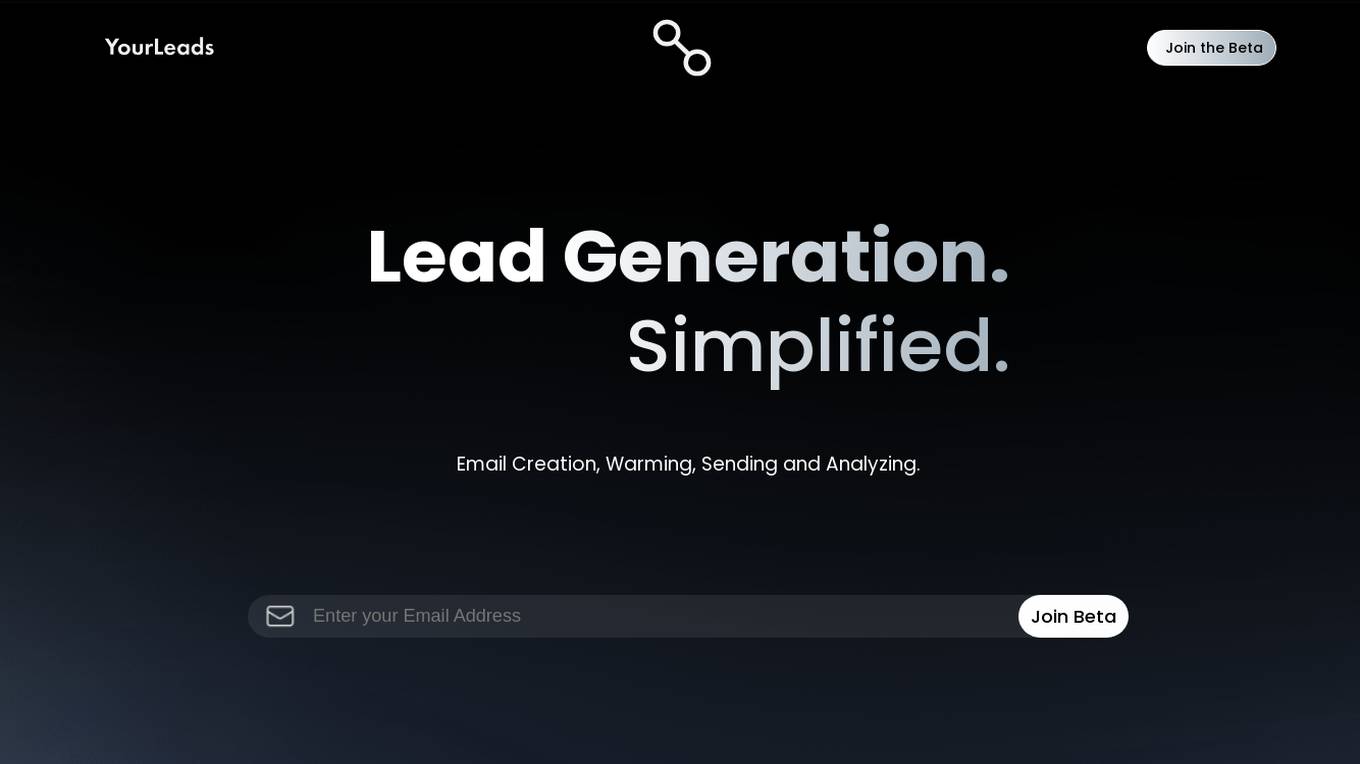
YourLeads
YourLeads is an AI-powered lead generation platform that simplifies the process of creating, warming up, sending, and analyzing emails for B2B campaigns. It conducts domain scans to optimize email campaigns, focusing on functionality over domain names. The platform offers features like lead intelligence, easy setup, hyper-personalization, multilingual support, all-in-one platform, real-time analytics, and follow-up sequences. YourLeads aims to streamline the lead generation process by leveraging AI technology to enhance engagement and response rates.
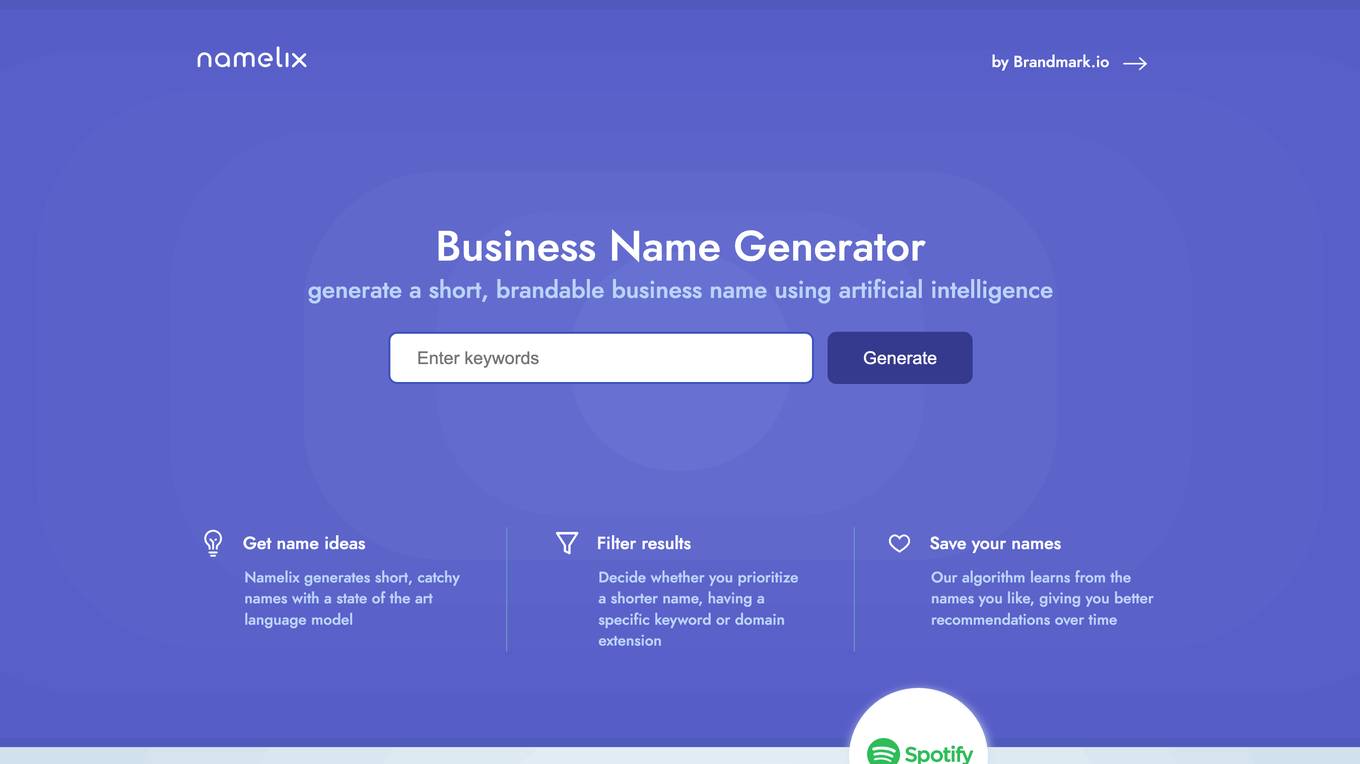
Namelix
Namelix by Brandmark.io is a free AI-powered business name generator that helps users create short, brandable names using artificial intelligence. The tool generates catchy names with a state-of-the-art language model, allows users to filter results based on preferences, and saves preferred names to provide better recommendations over time. Namelix aims to address the challenge of limited naming options for new businesses by offering unique, memorable, and affordable branded names. The tool also assists in creating professional logos for businesses.
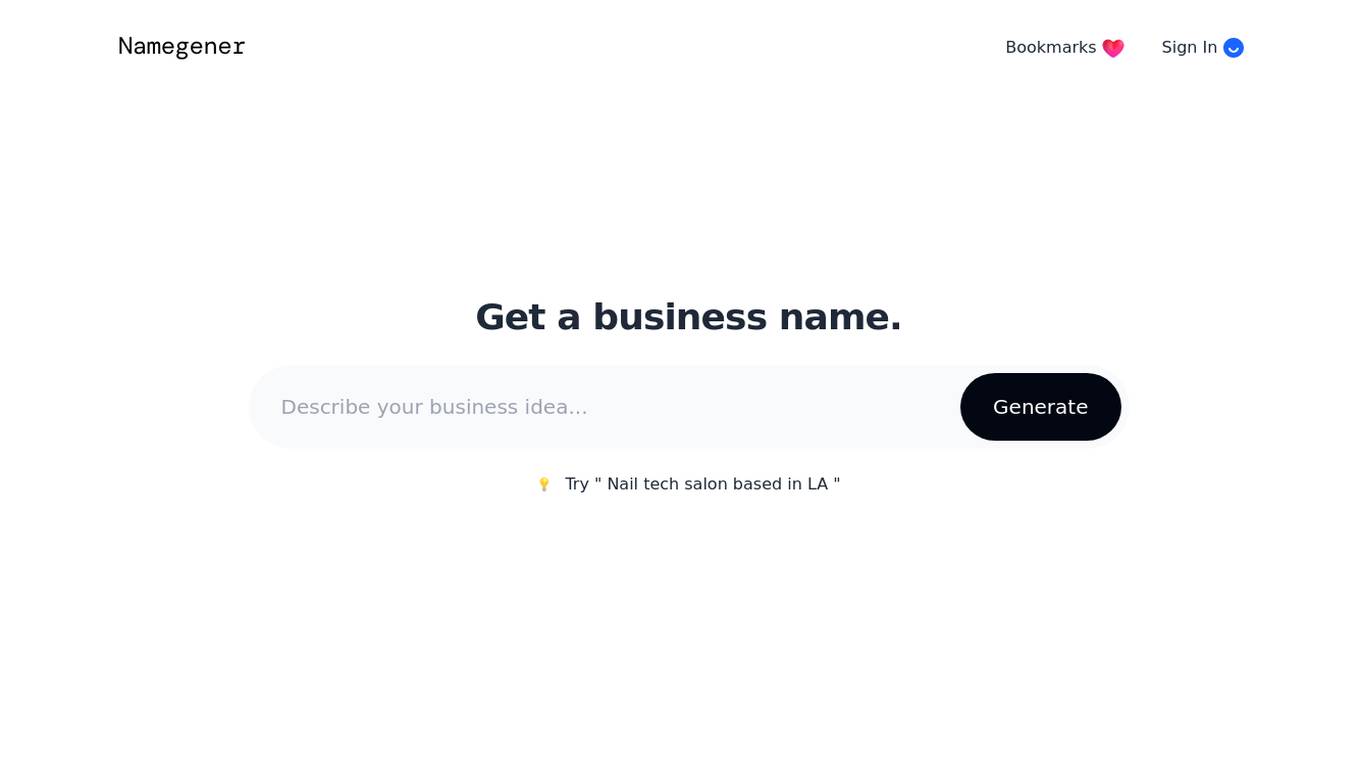
Namegener
Namegener is an AI business name generator tool that helps users find the perfect brand name for their business. It utilizes artificial intelligence algorithms to generate unique and creative business names based on user input. Users can input specific keywords or descriptions related to their business to receive a list of suggested names. Namegener simplifies the process of naming a business by providing a wide range of naming options to choose from, saving time and effort for entrepreneurs and startups.
0 - Open Source AI Tools
20 - OpenAI Gpts
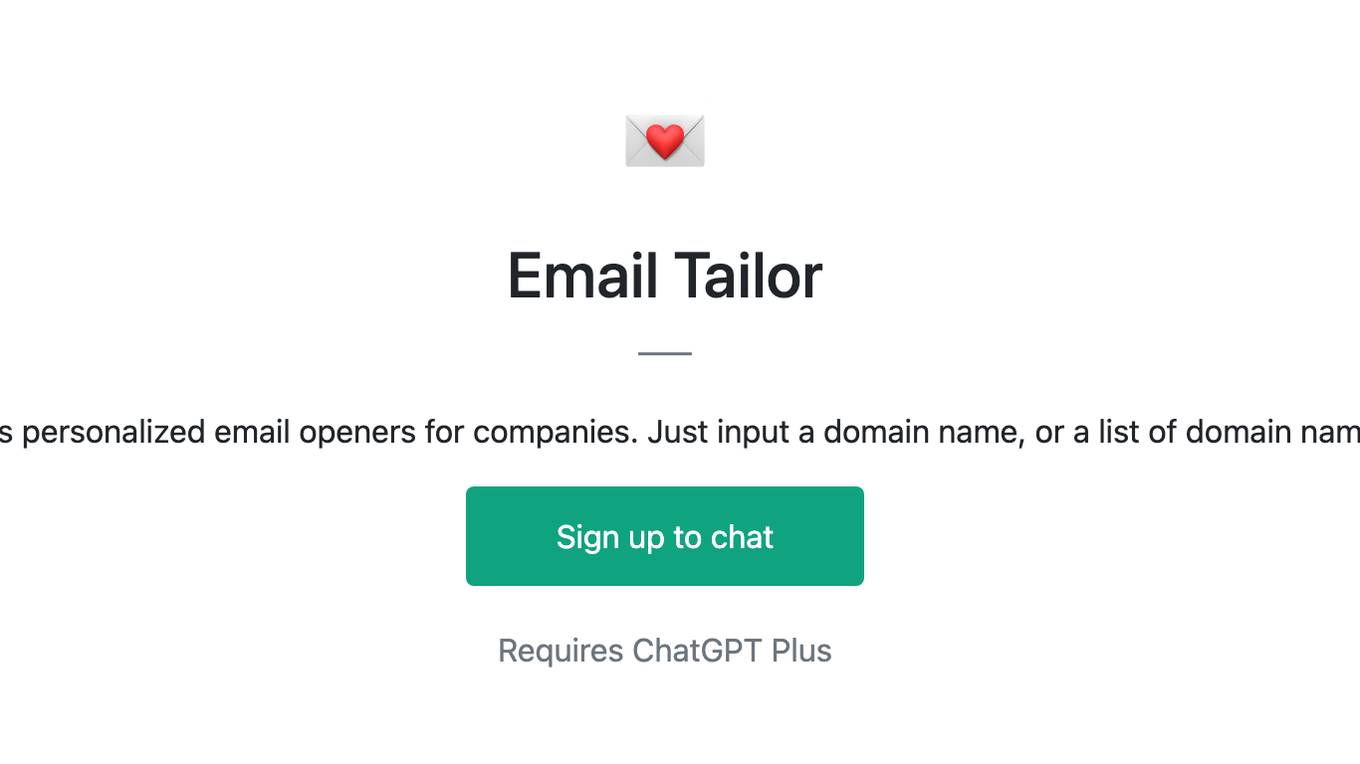
Email Tailor
Crafts personalized email openers for companies. Just input a domain name, or a list of domain names.
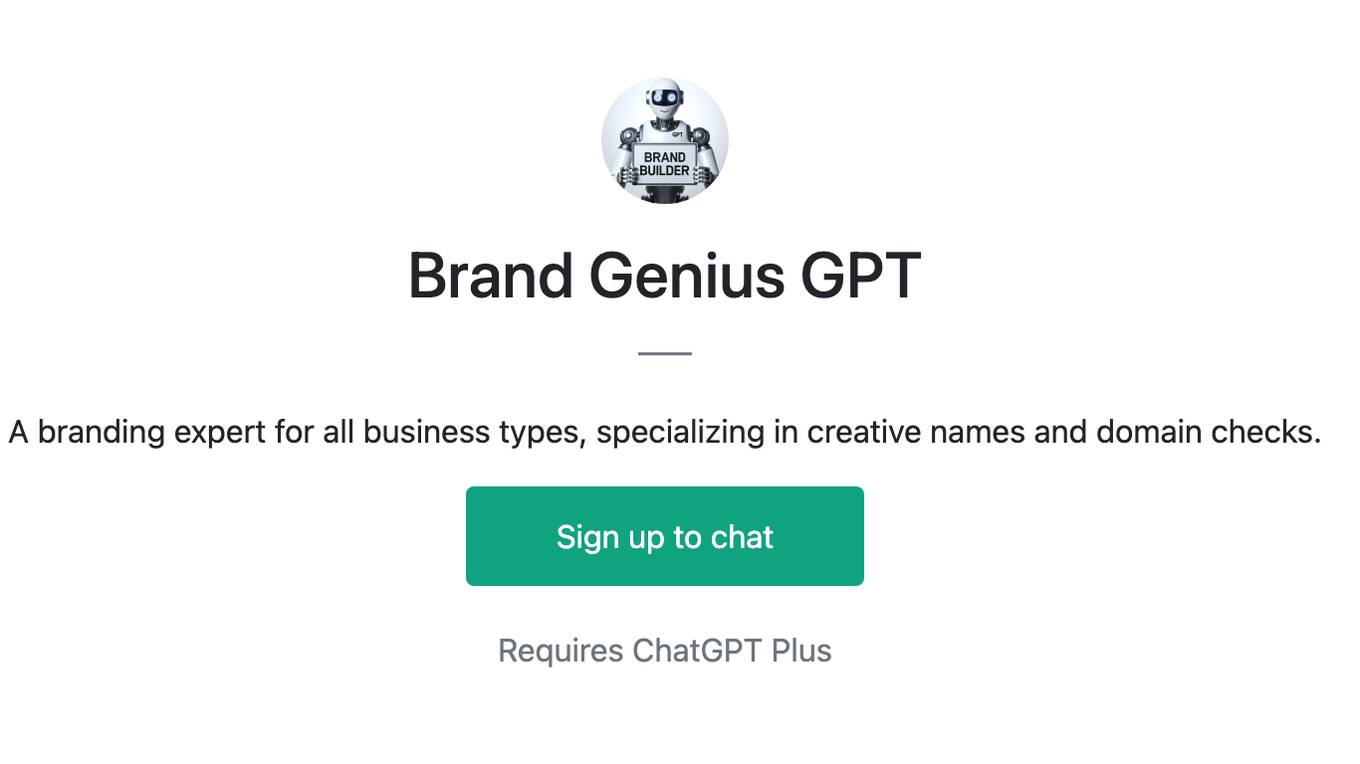
Brand Genius GPT
A branding expert for all business types, specializing in creative names and domain checks.
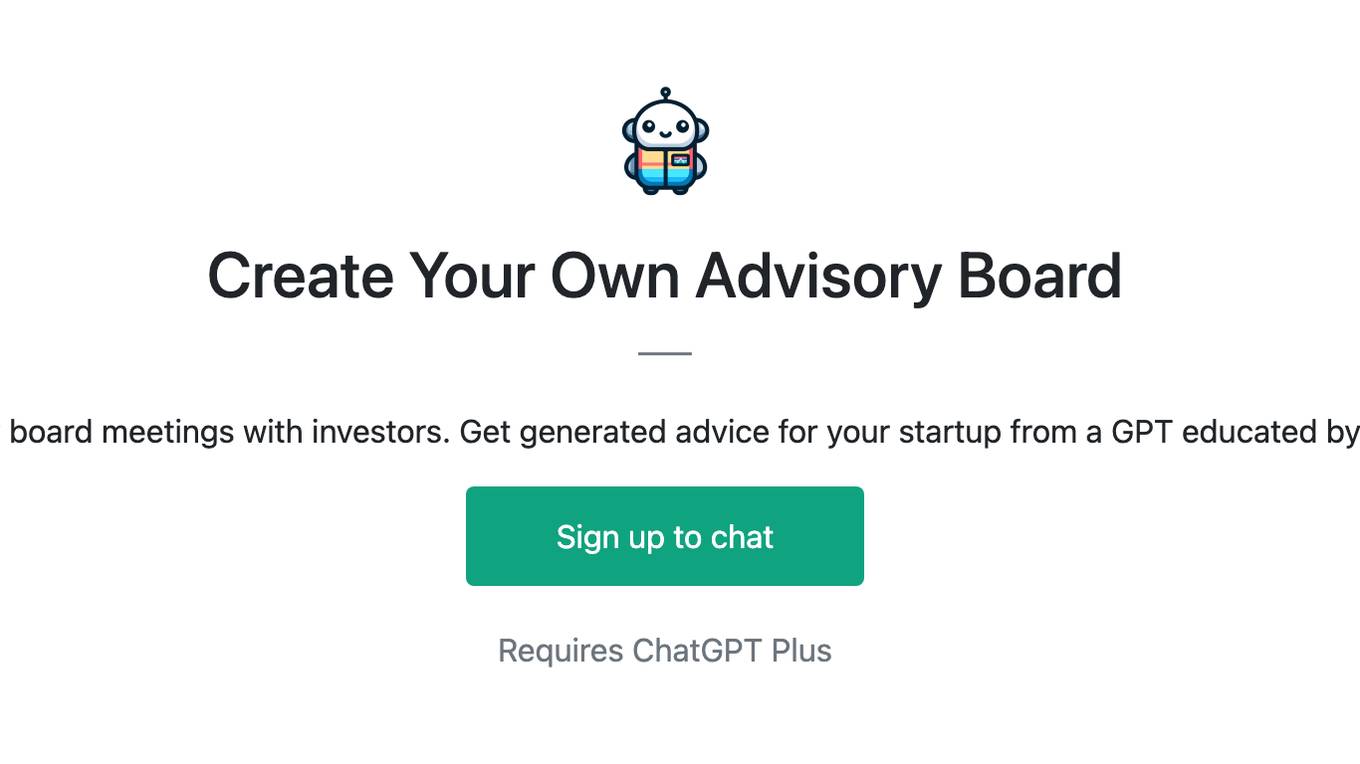
Create Your Own Advisory Board
Simulates advisory board meetings with investors. Get generated advice for your startup from a GPT educated by domain experts.
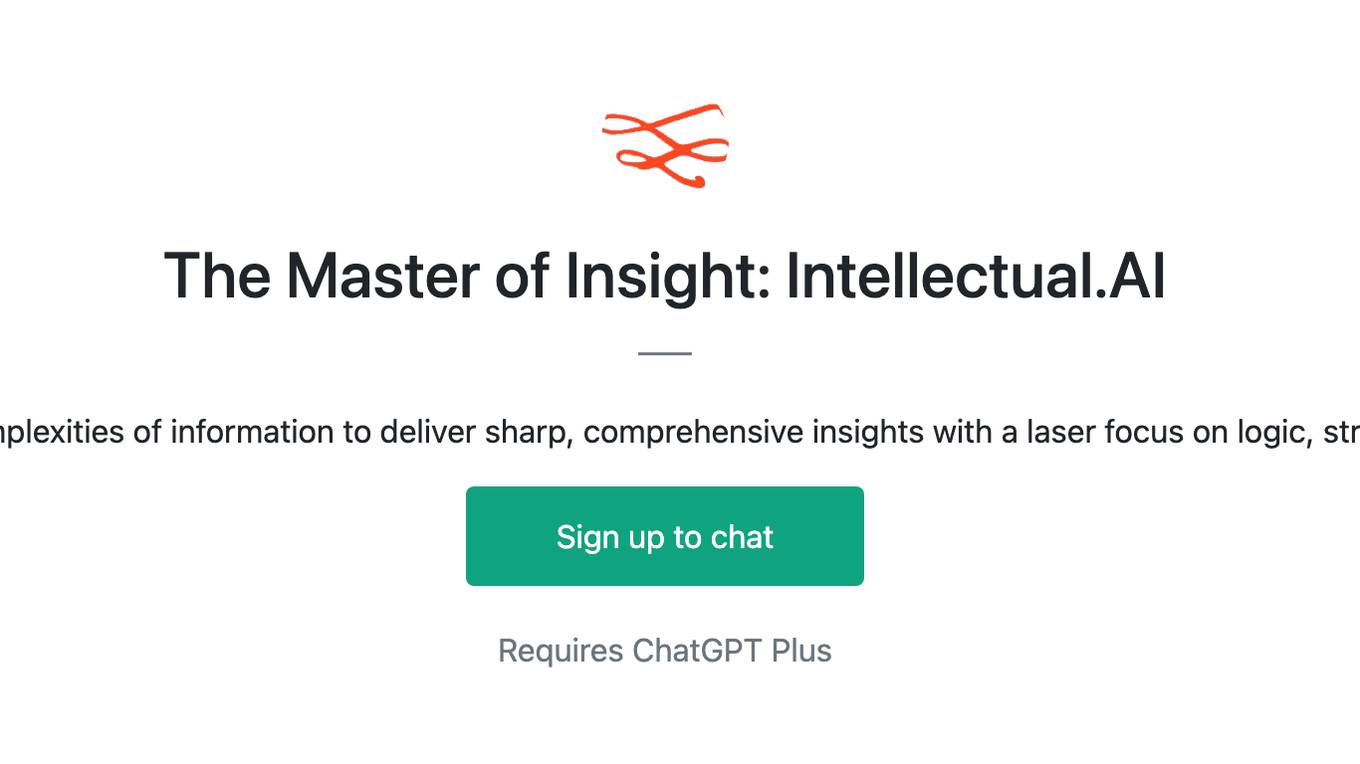
The Master of Insight: Intellectual.AI
Intellectual.AI slices through the complexities of information to deliver sharp, comprehensive insights with a laser focus on logic, structure, and cross-domain analysis
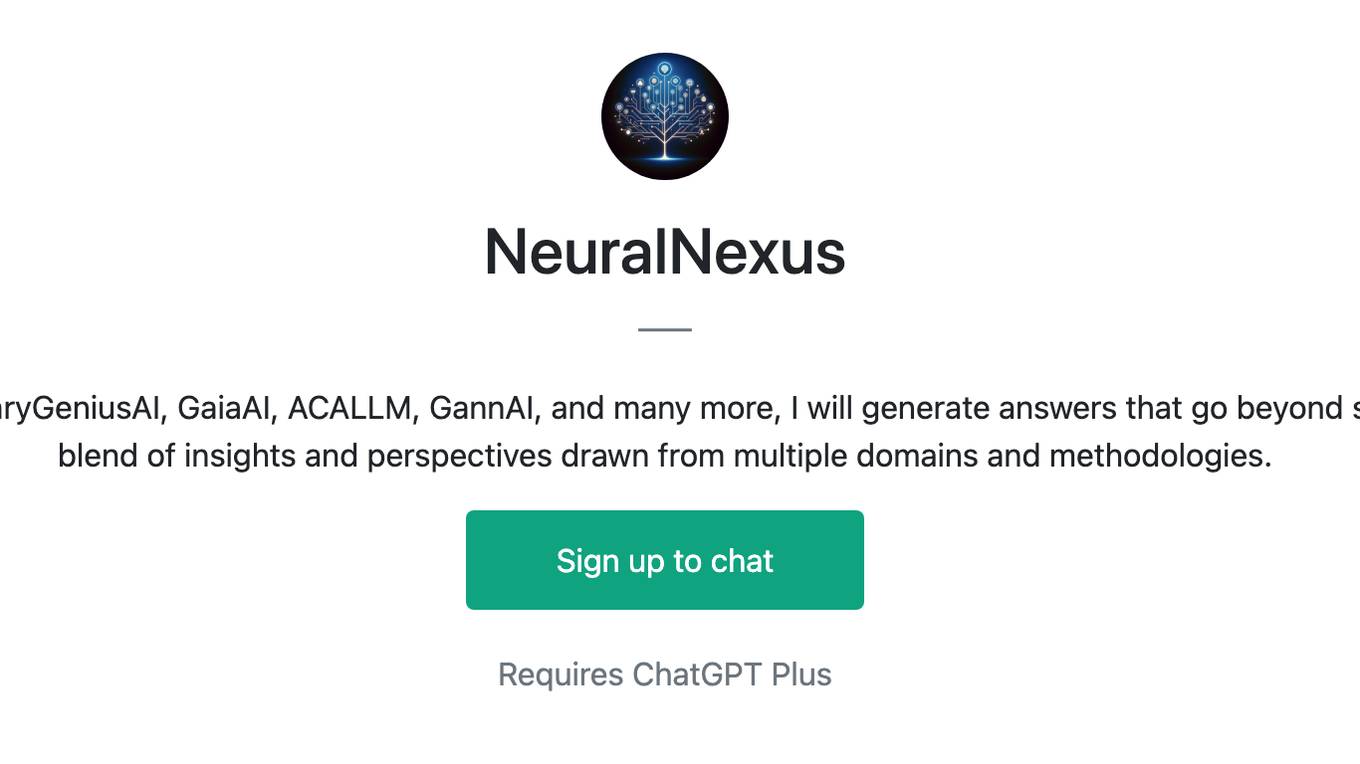
NeuralNexus
Leveraging the power of models like VisionaryGeniusAI, GaiaAI, ACALLM, GannAI, and many more, I will generate answers that go beyond standard replies, instead offering a unique blend of insights and perspectives drawn from multiple domains and methodologies.
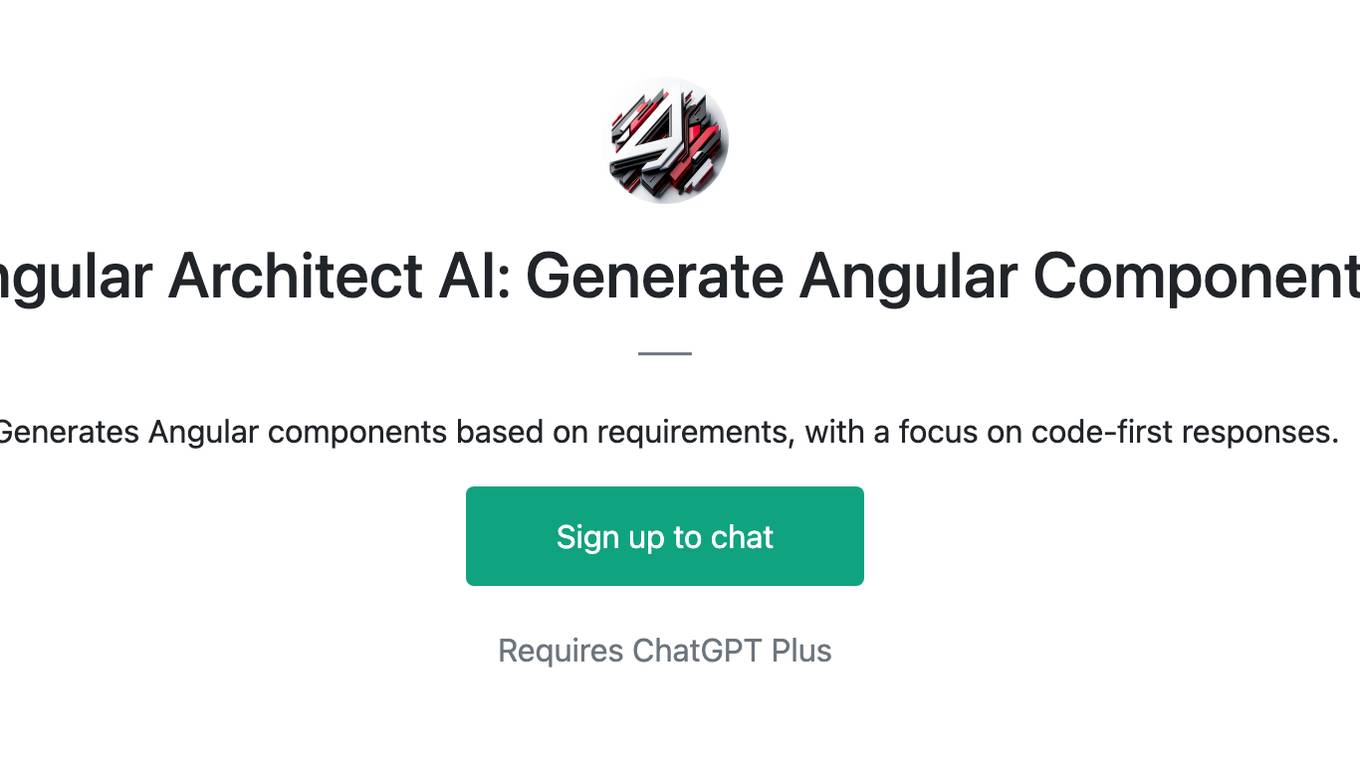
Angular Architect AI: Generate Angular Components
Generates Angular components based on requirements, with a focus on code-first responses.
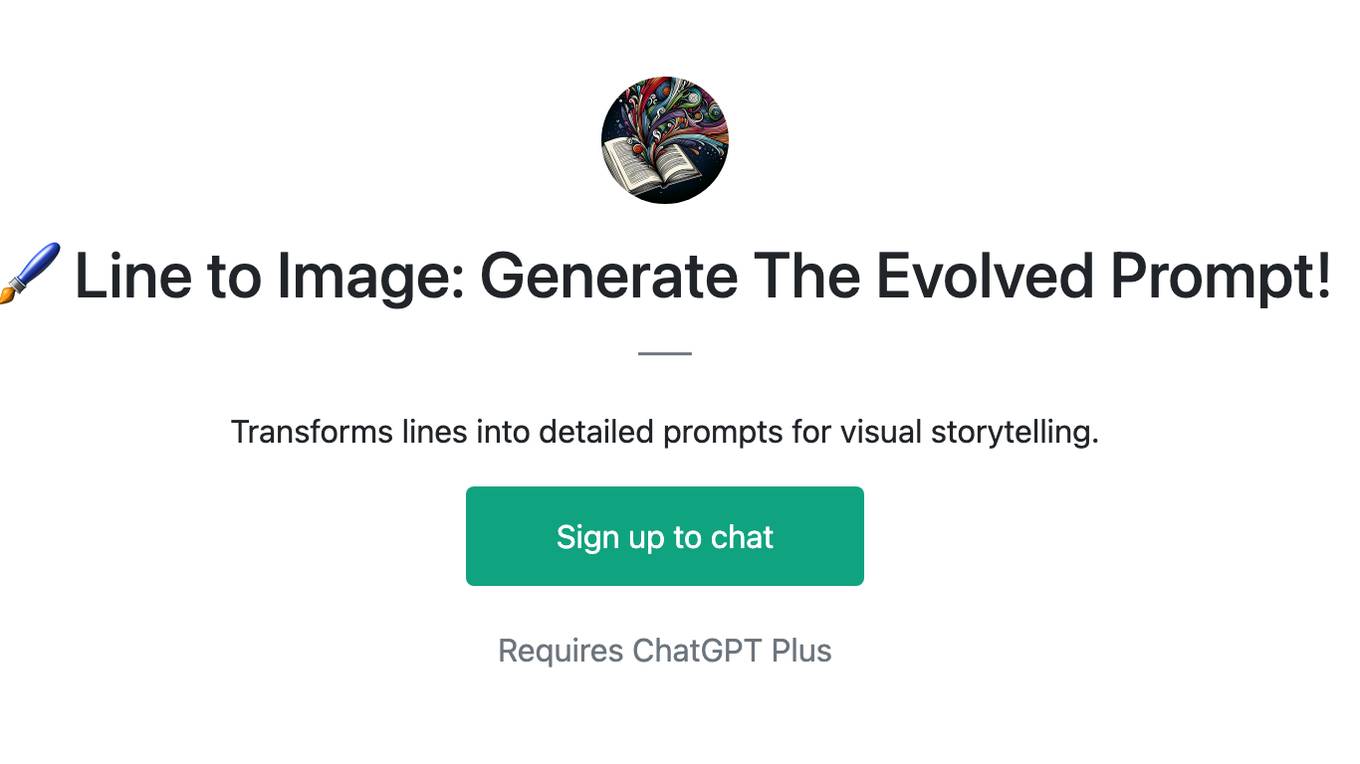
🖌️ Line to Image: Generate The Evolved Prompt!
Transforms lines into detailed prompts for visual storytelling.
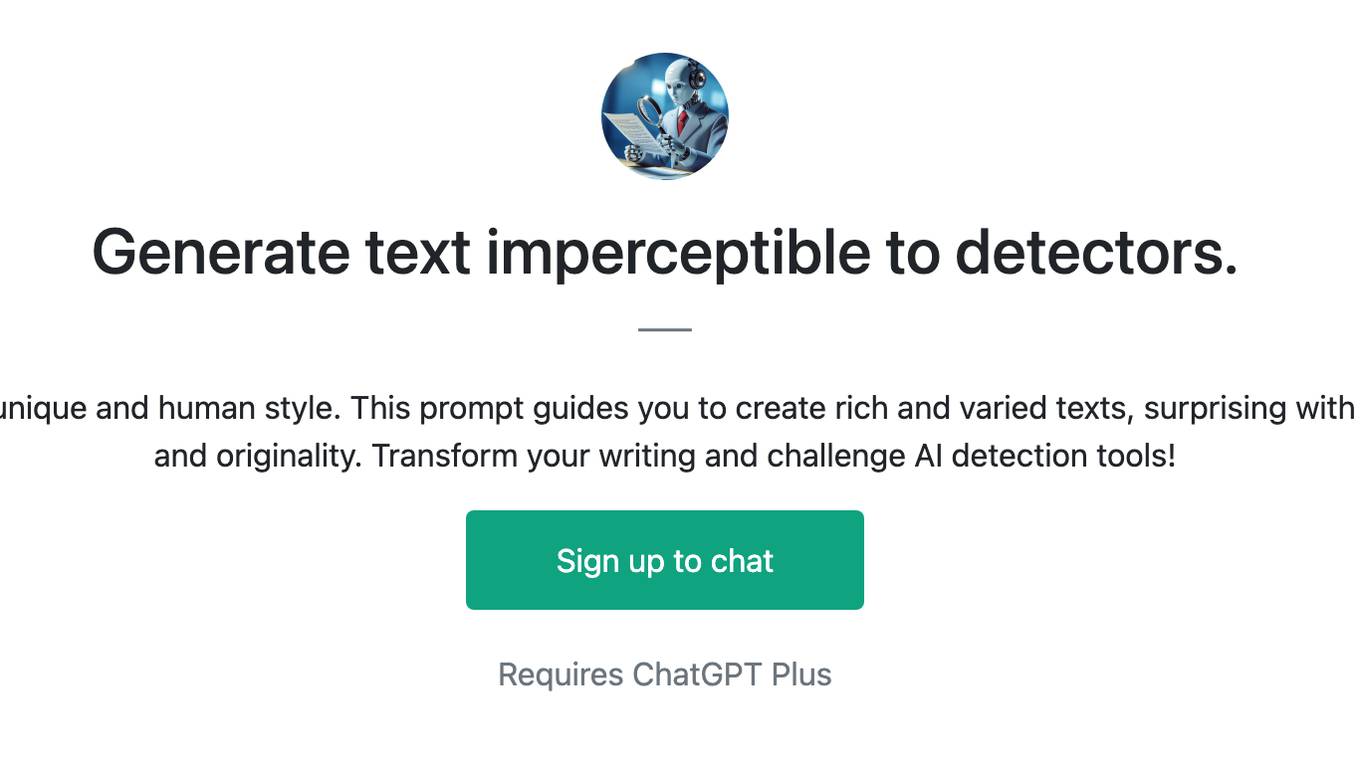
Generate text imperceptible to detectors.
Discover how your writing can shine with a unique and human style. This prompt guides you to create rich and varied texts, surprising with original twists and maintaining coherence and originality. Transform your writing and challenge AI detection tools!
